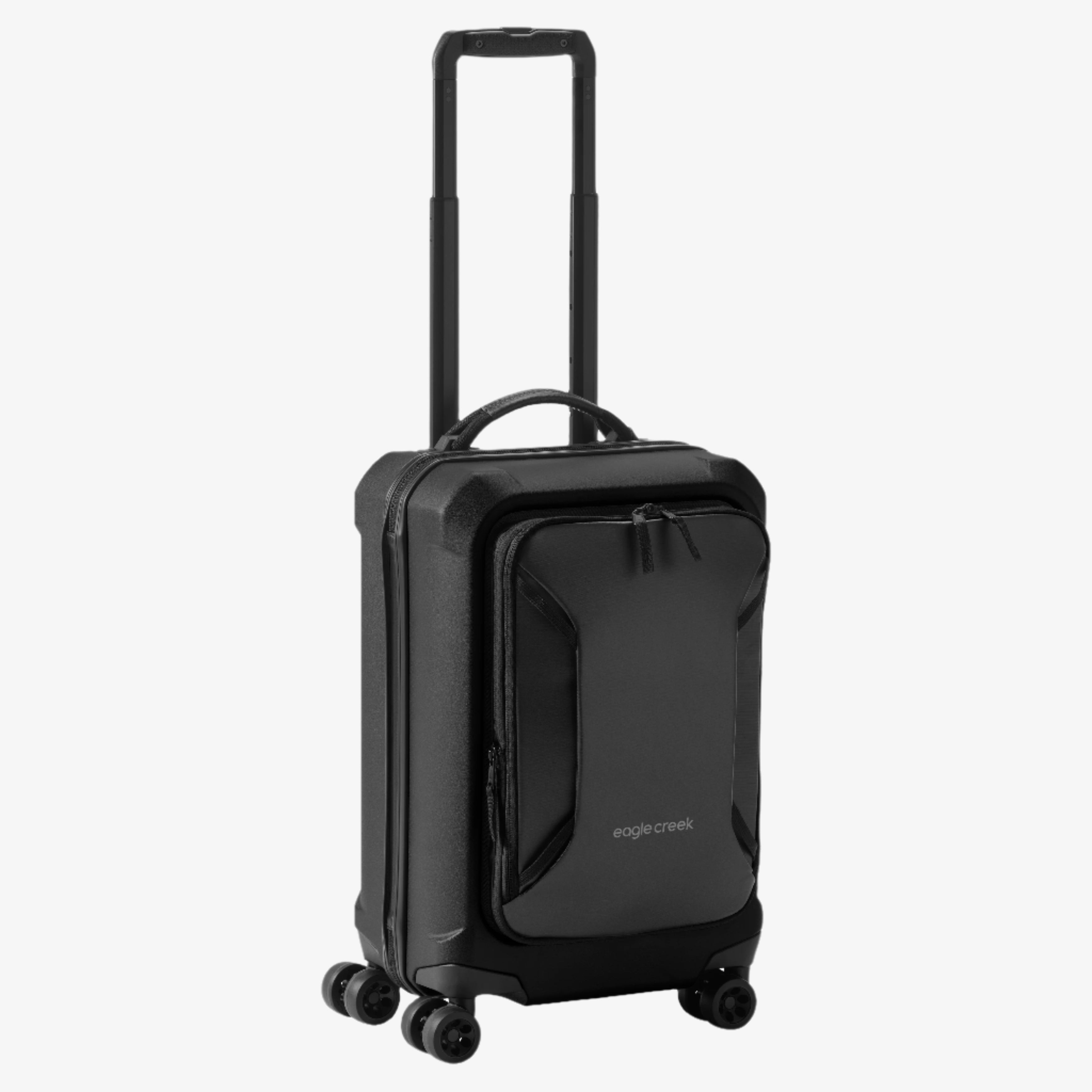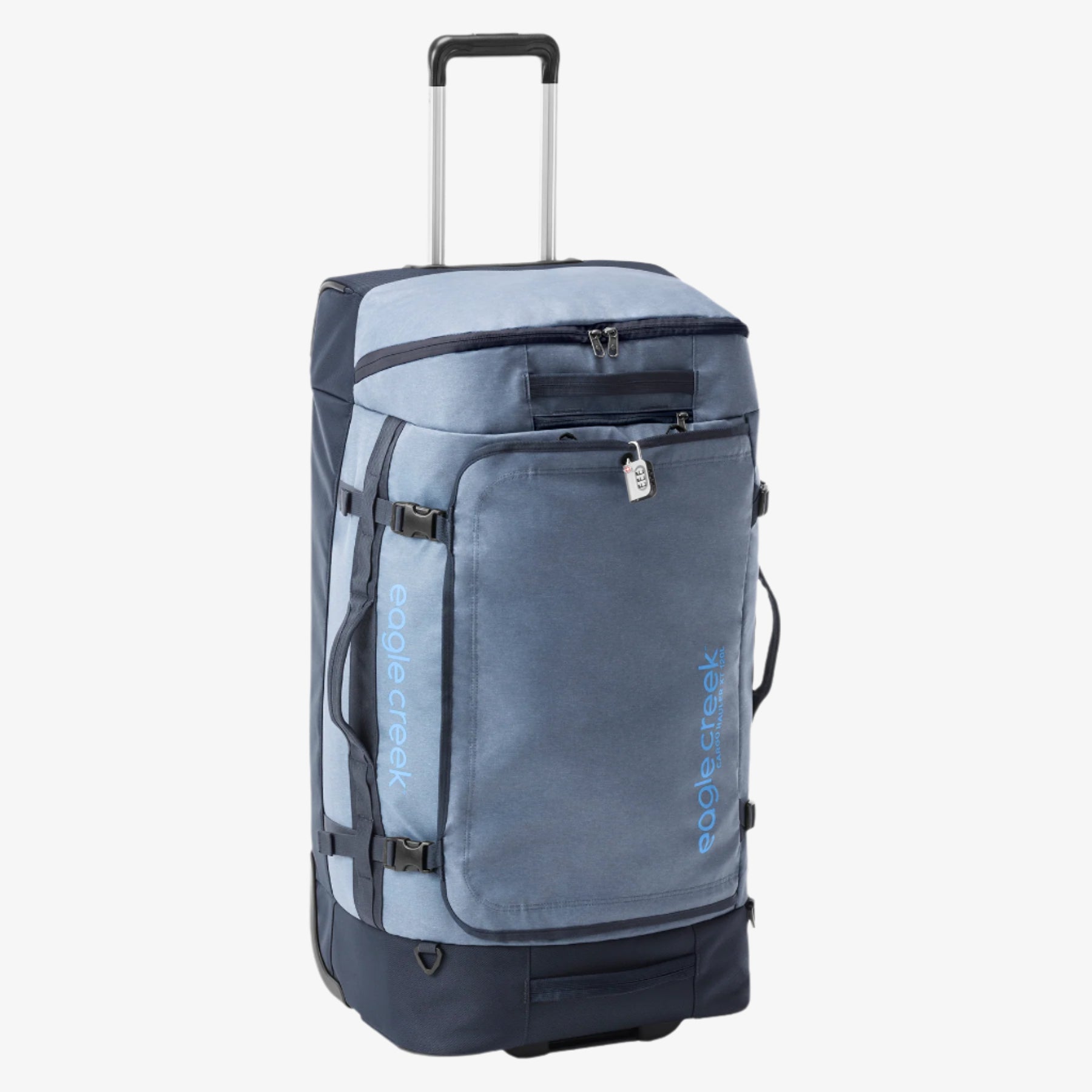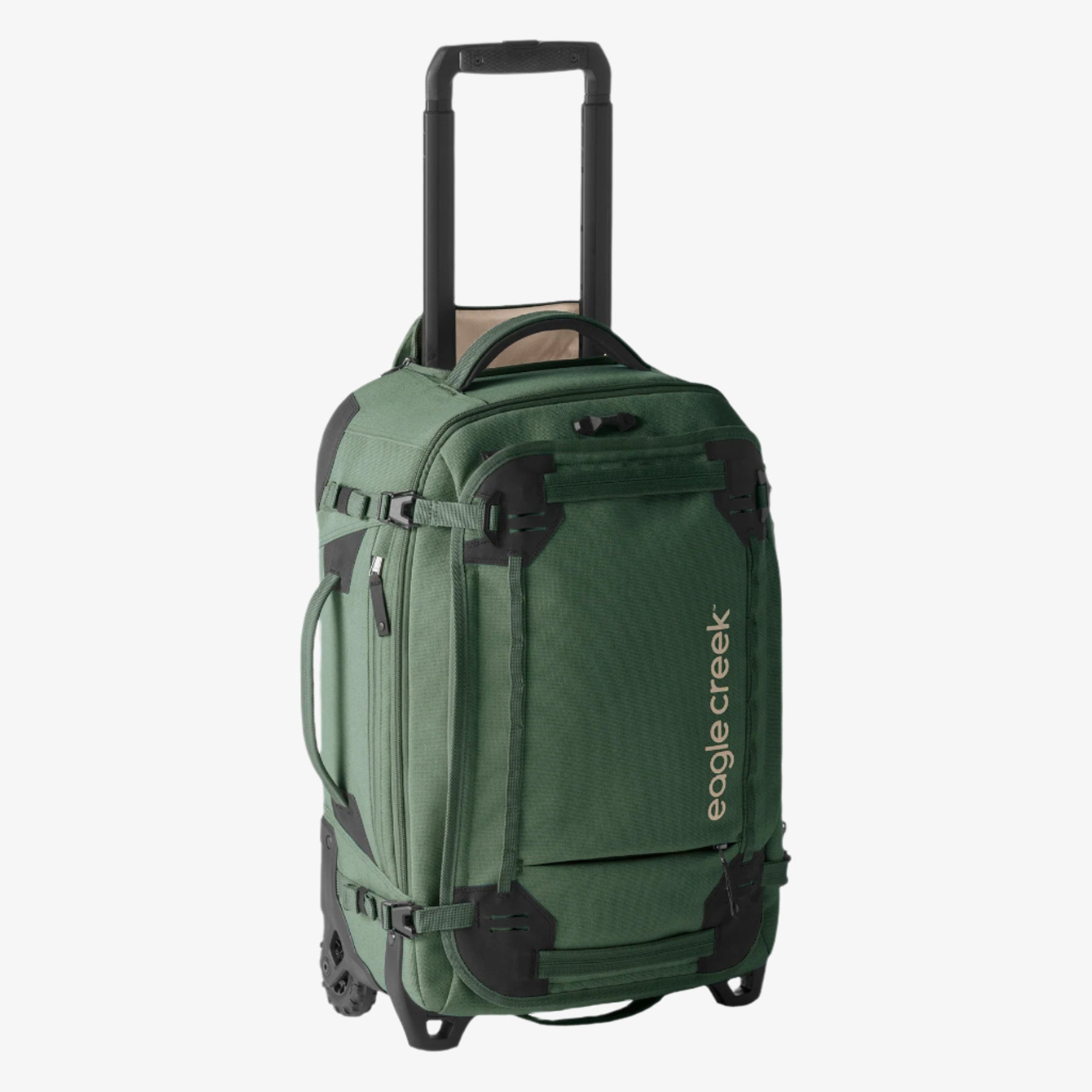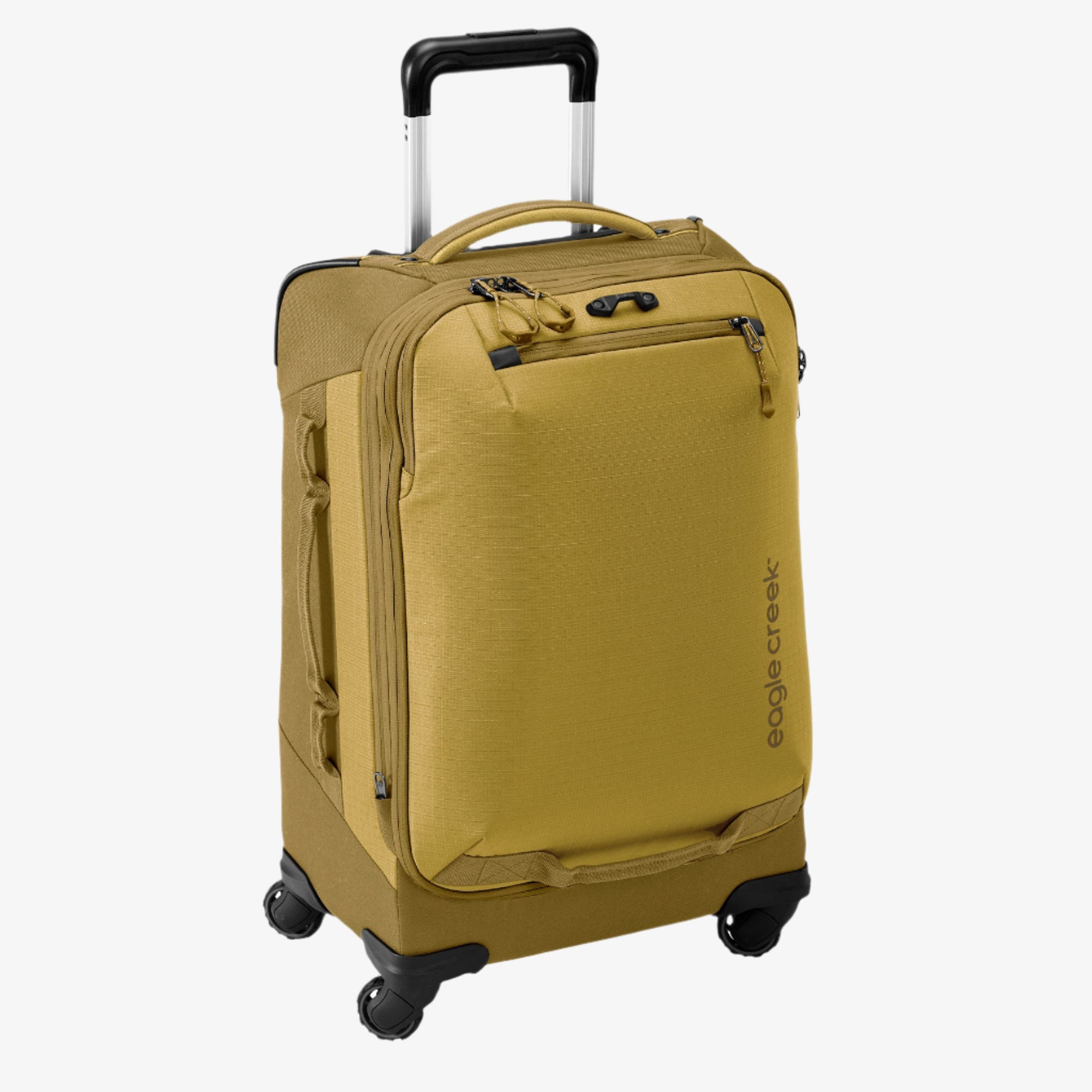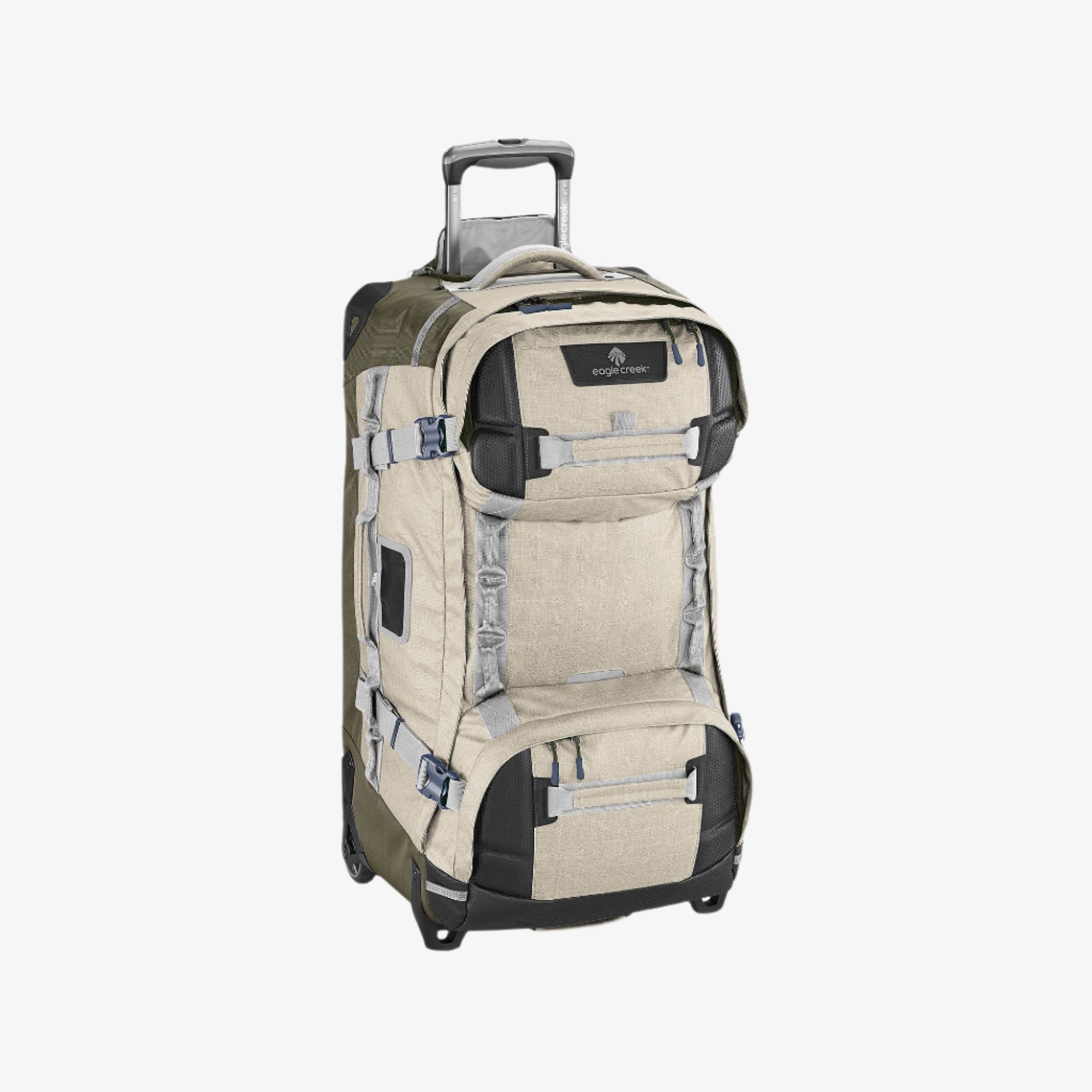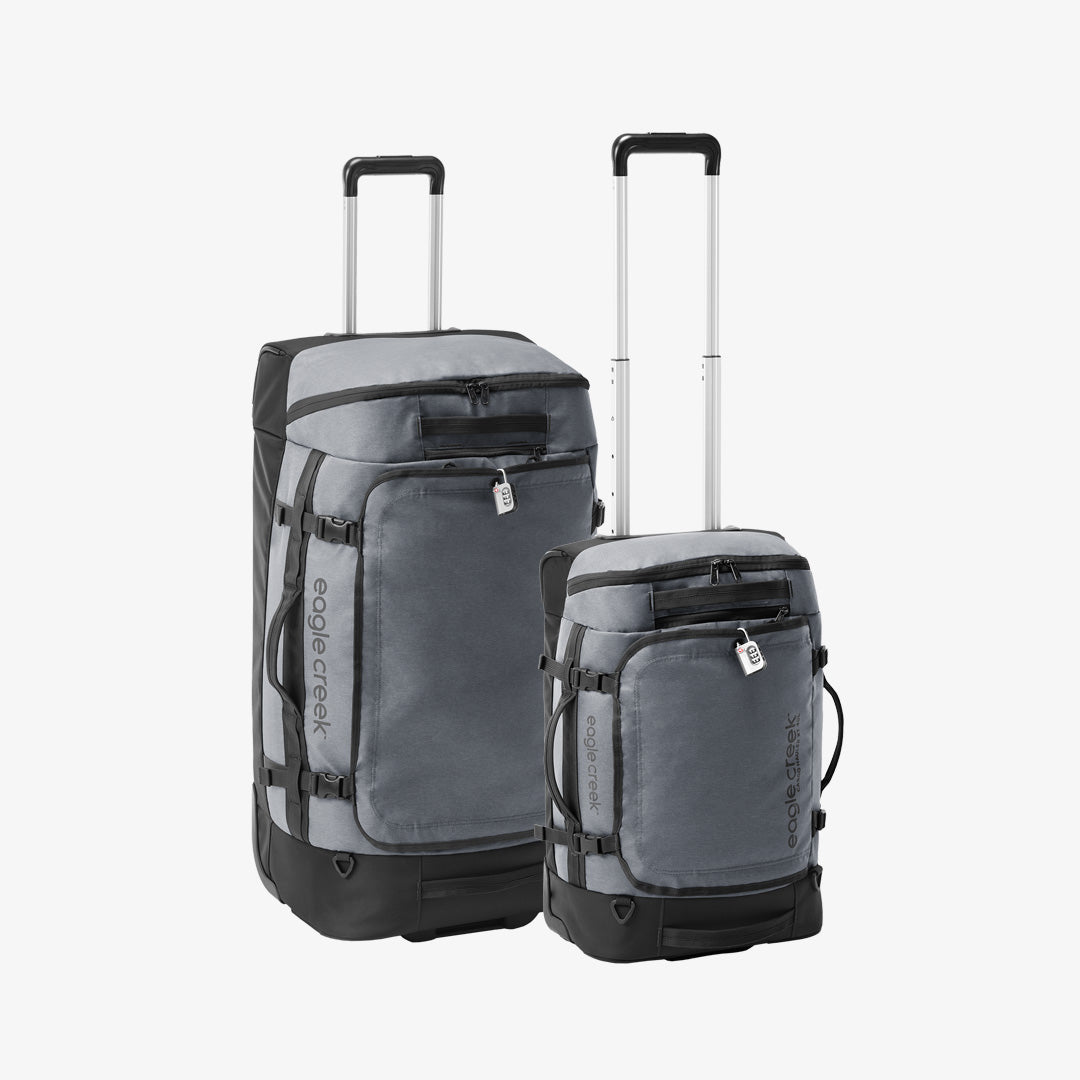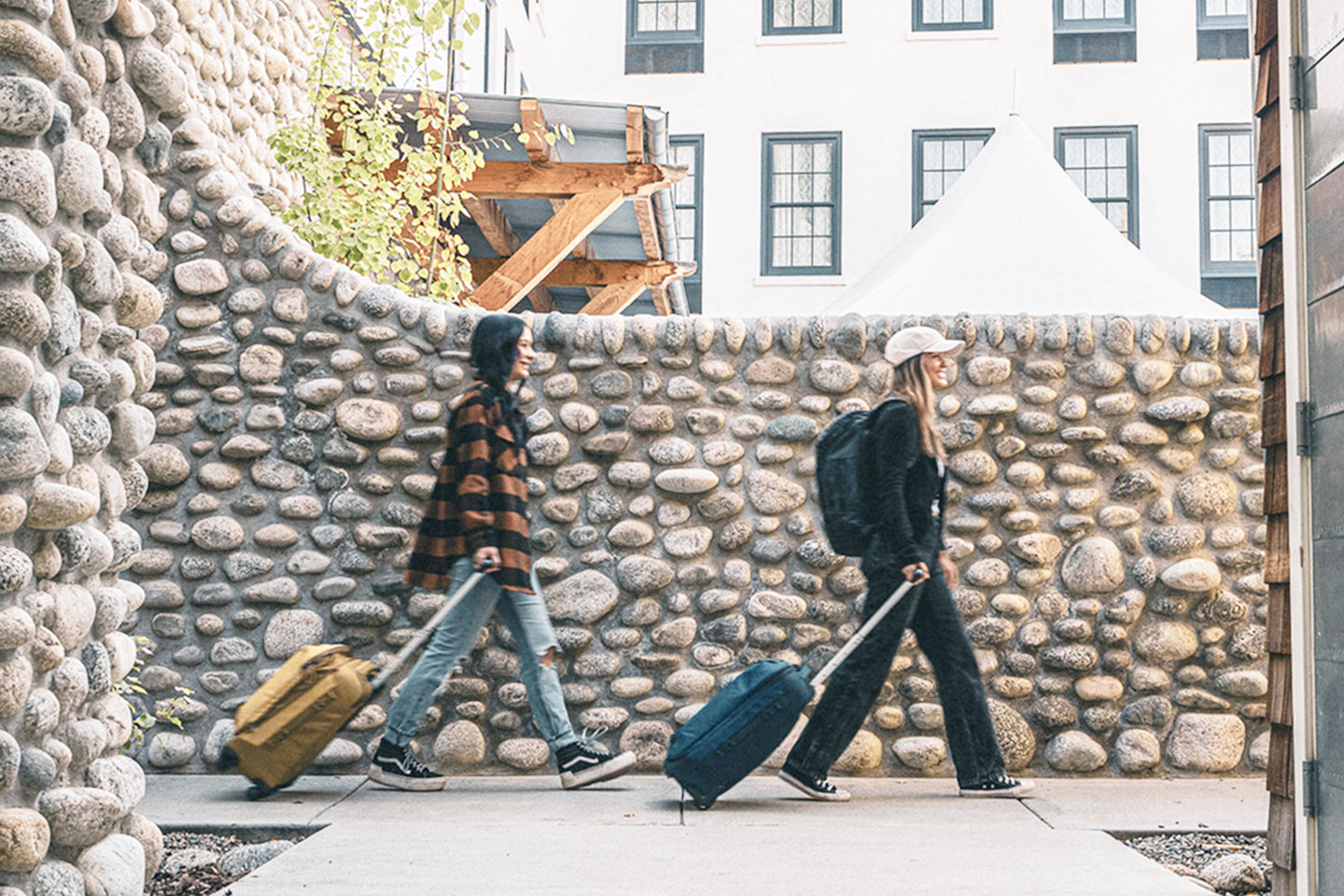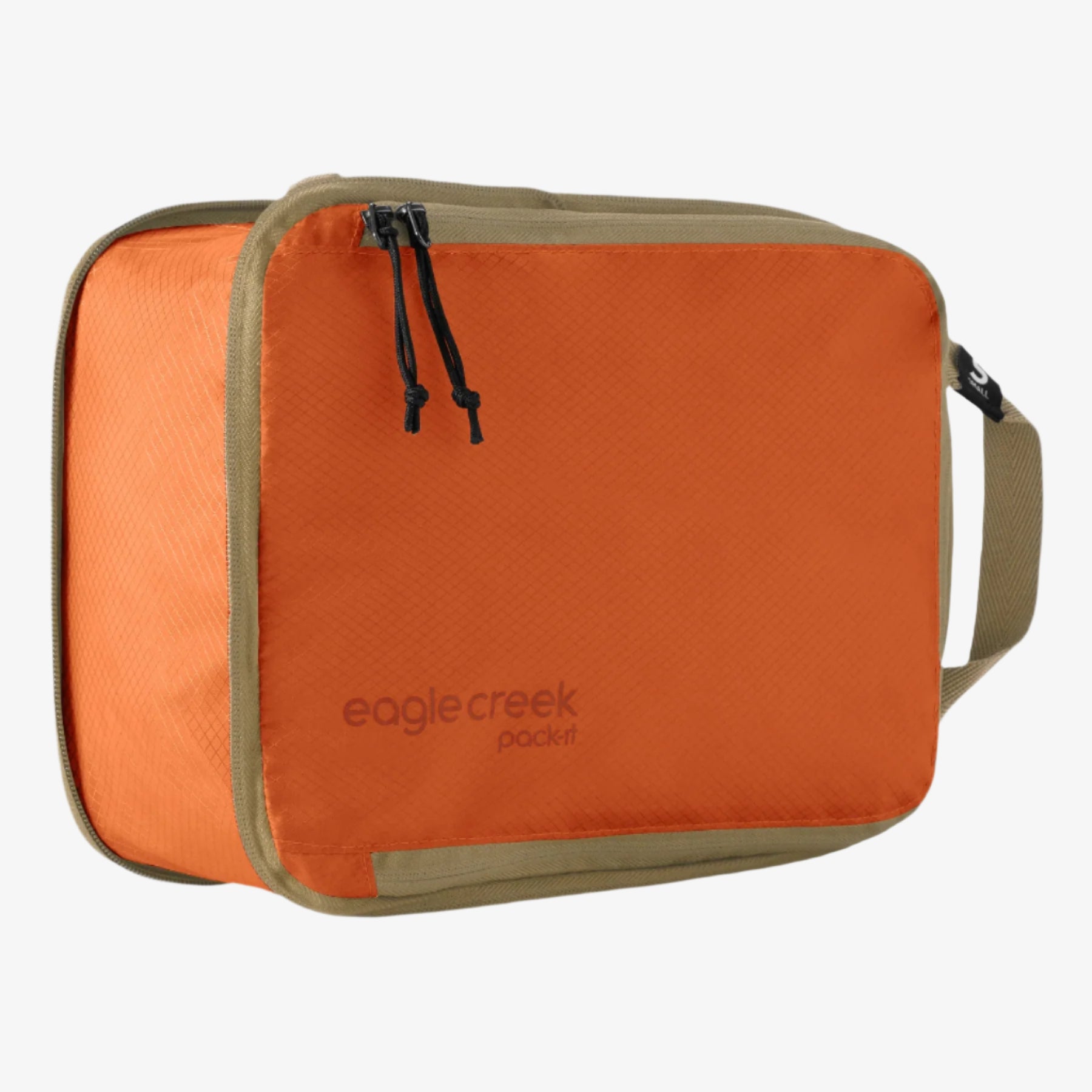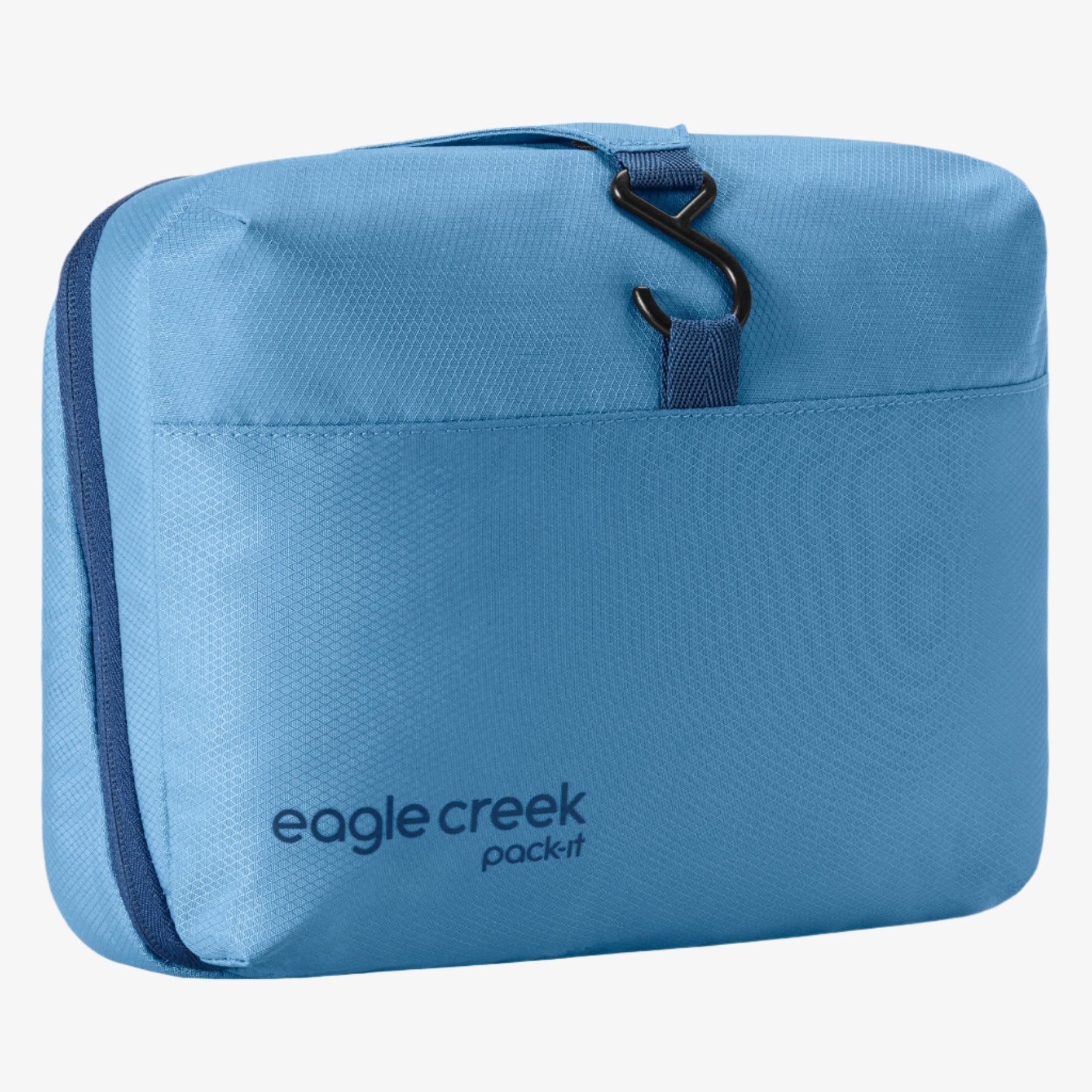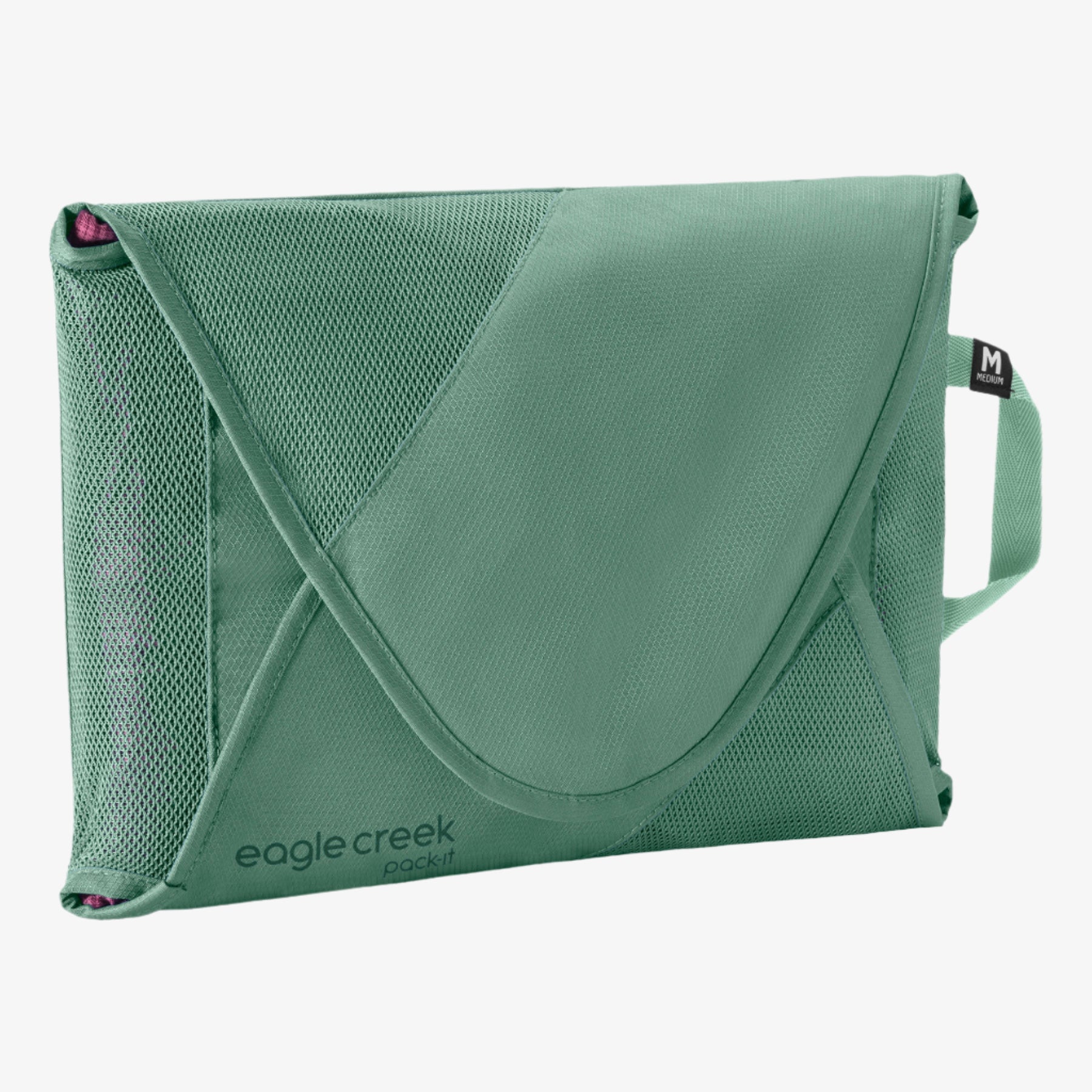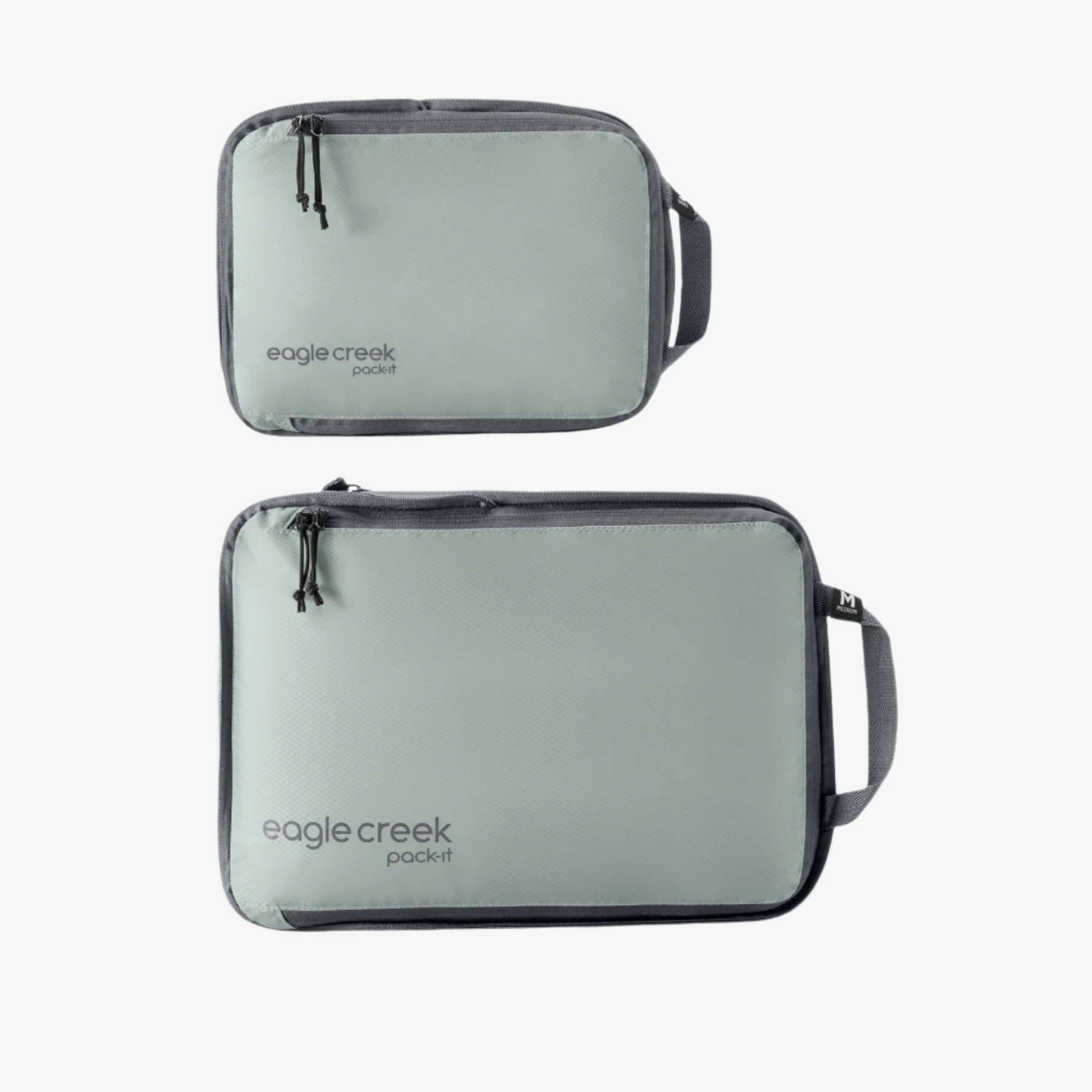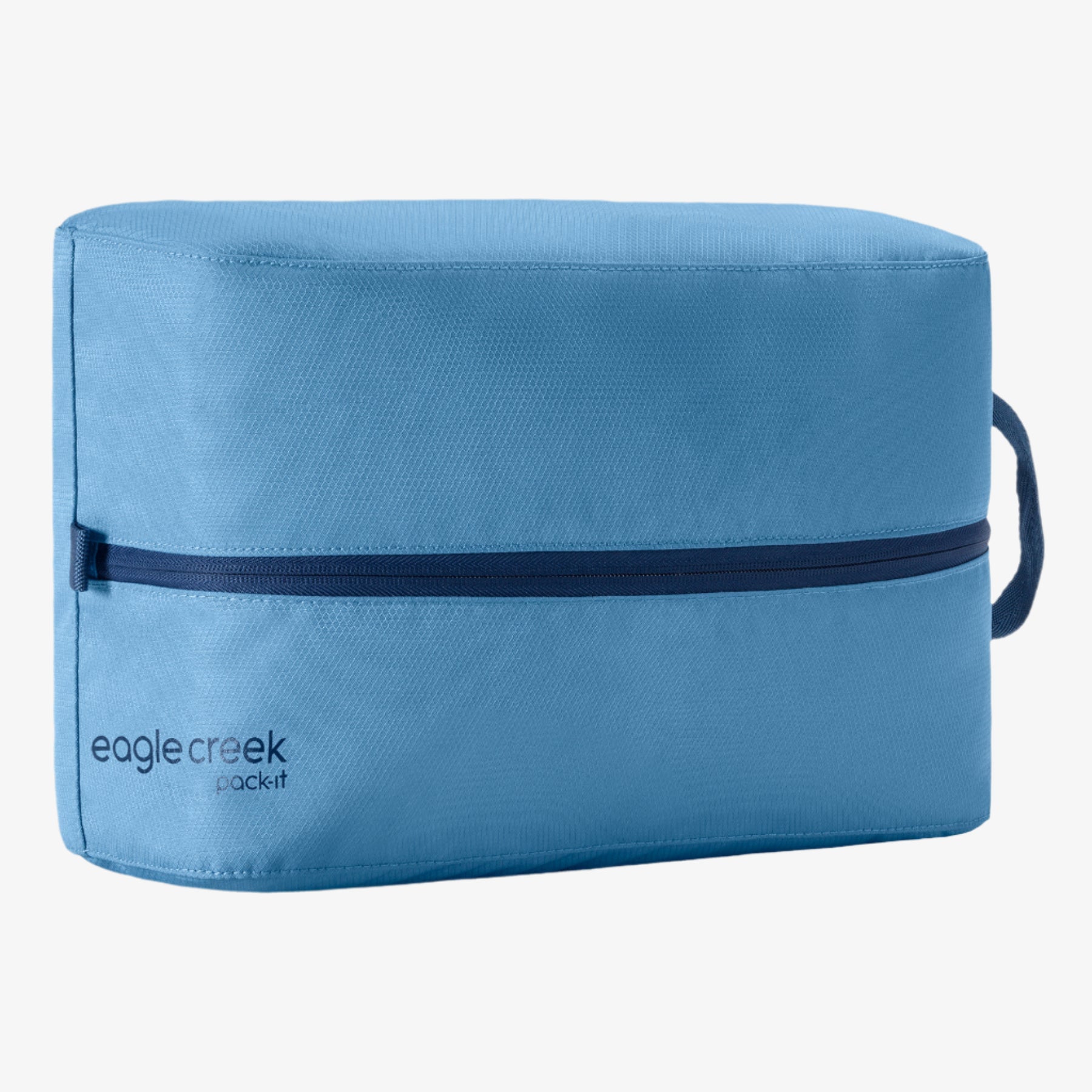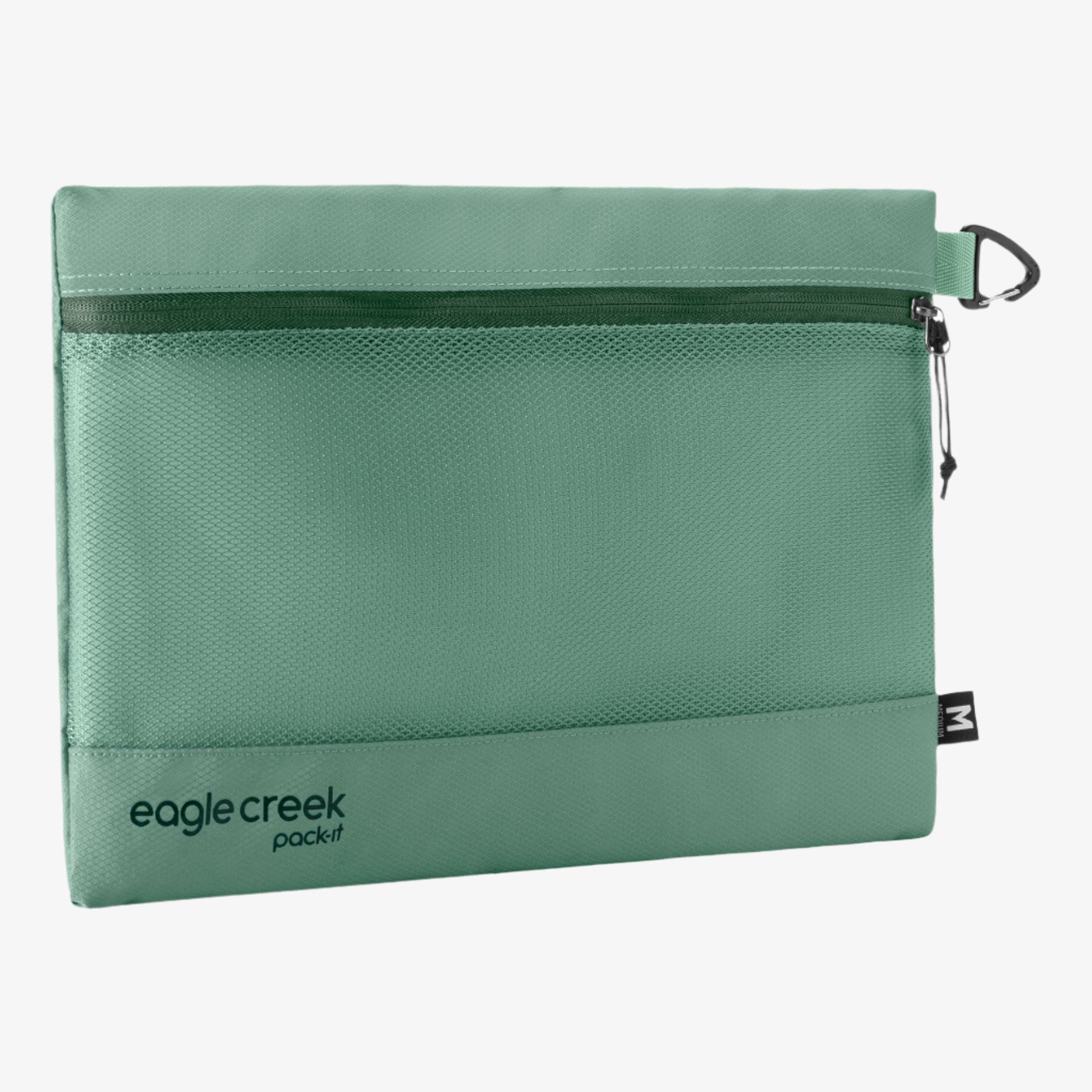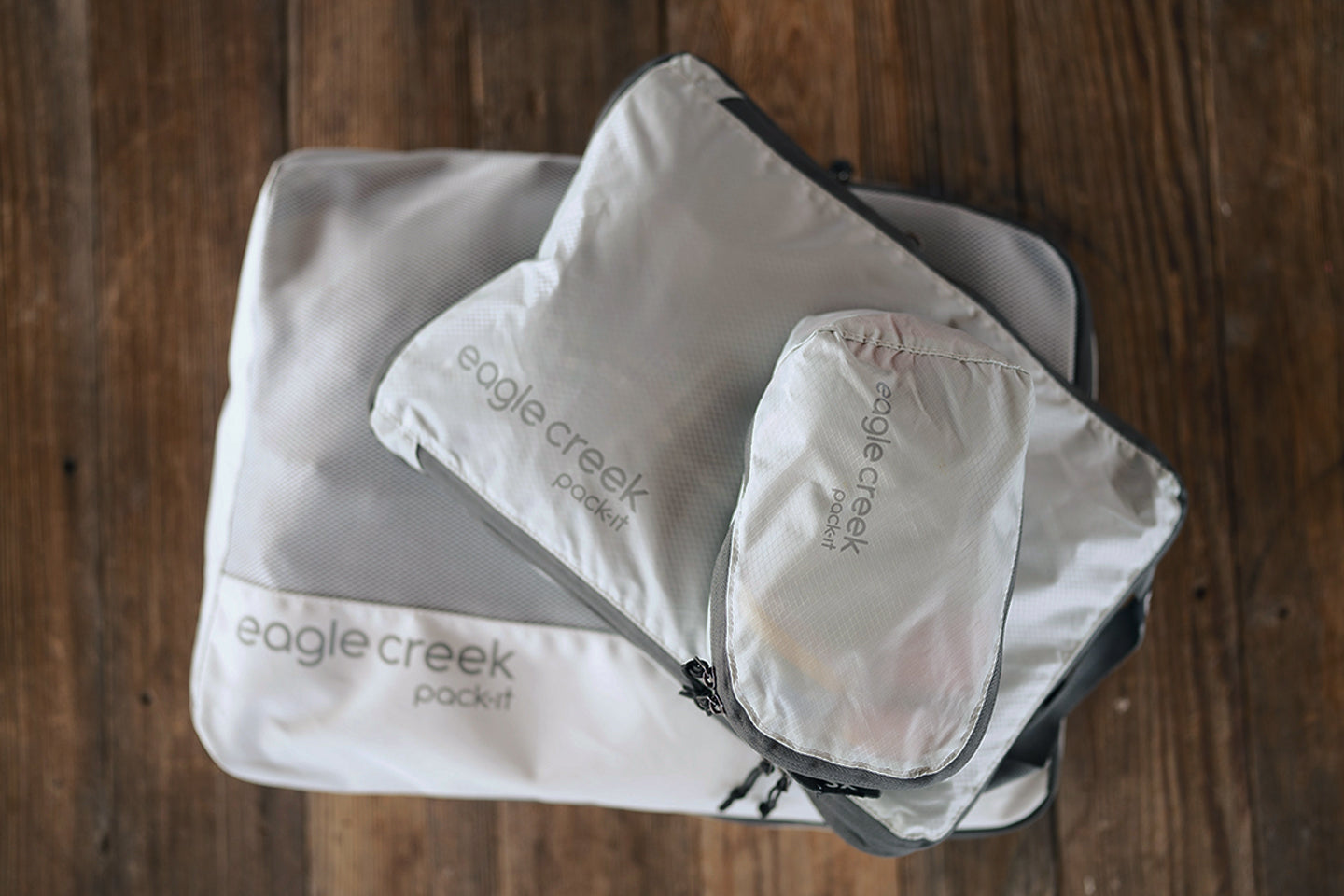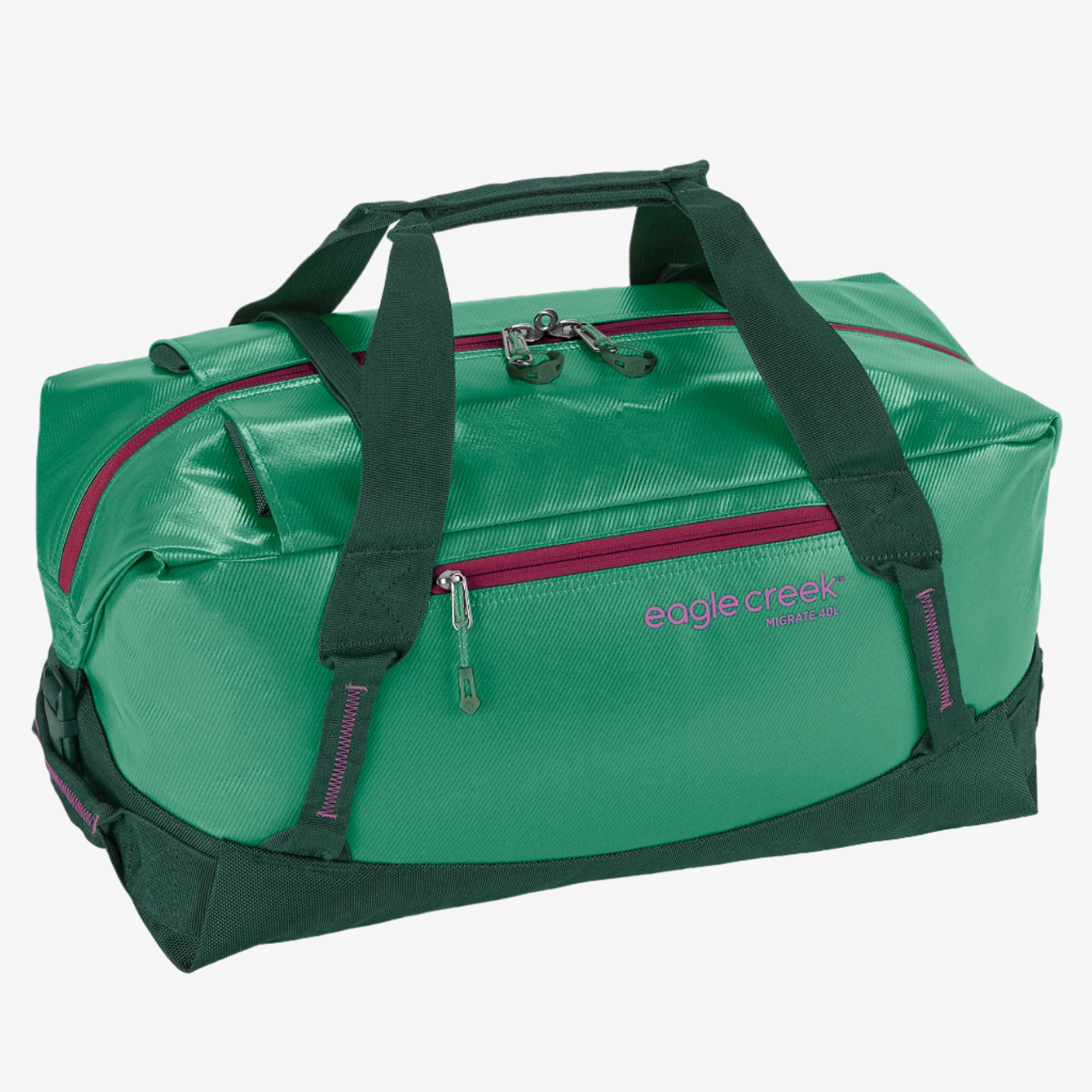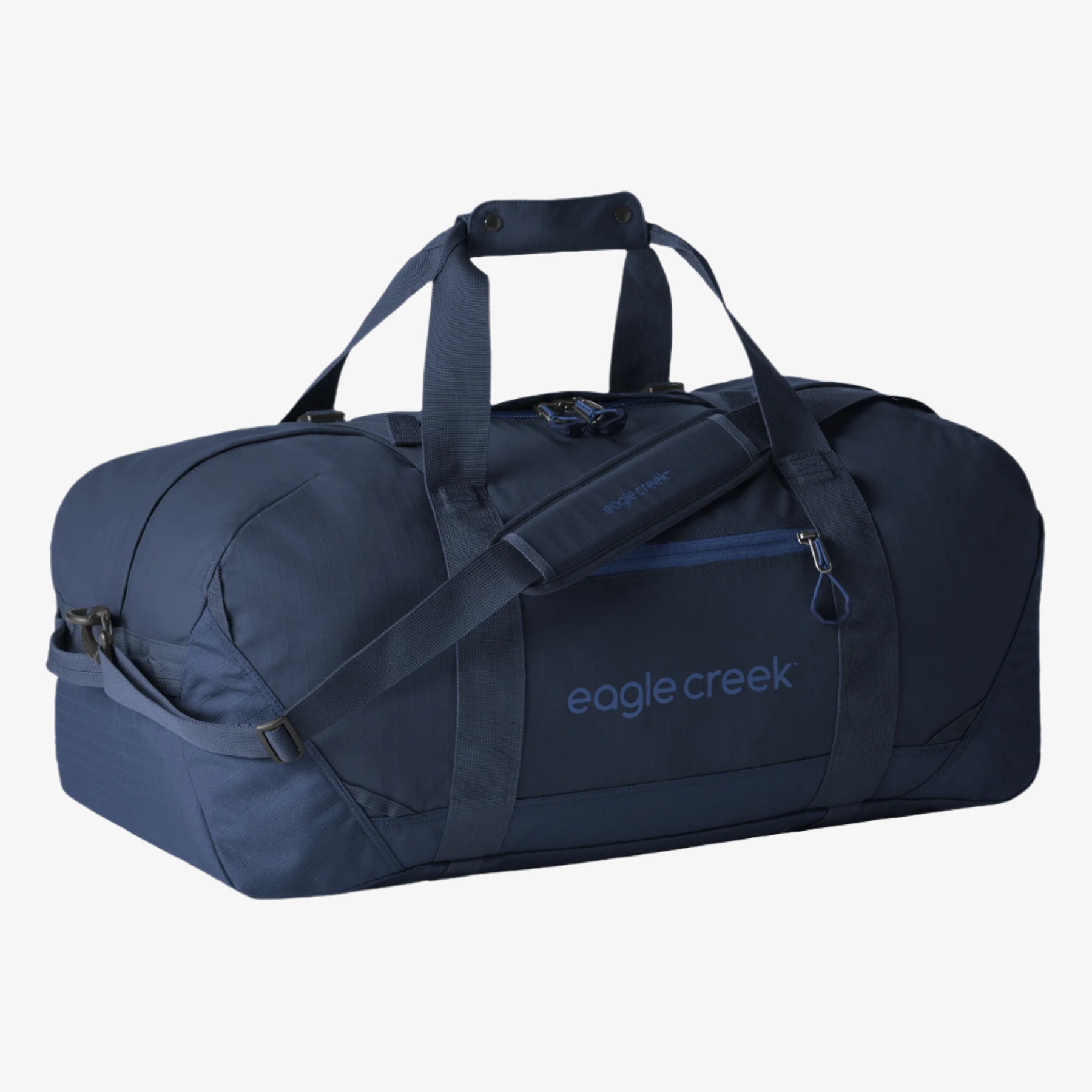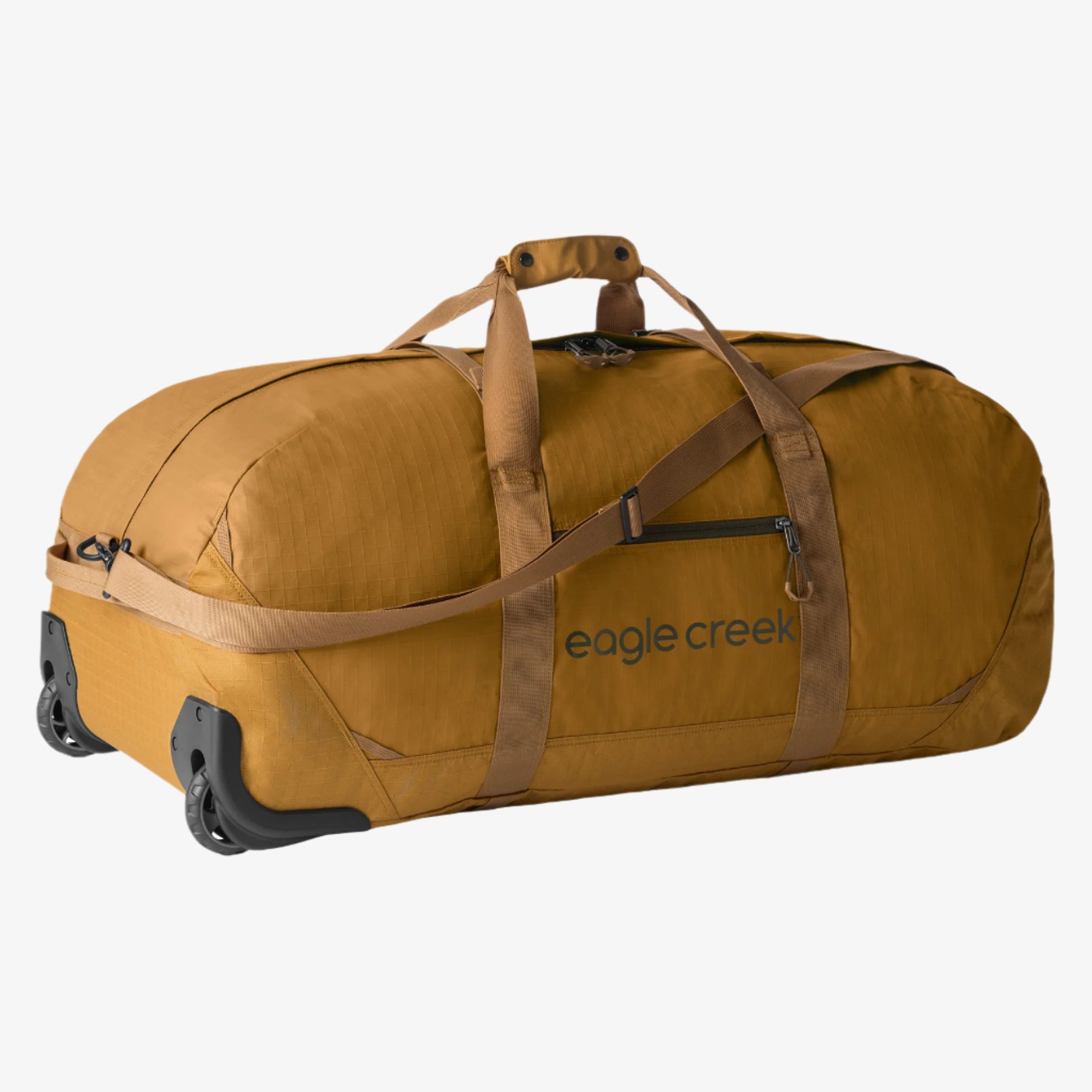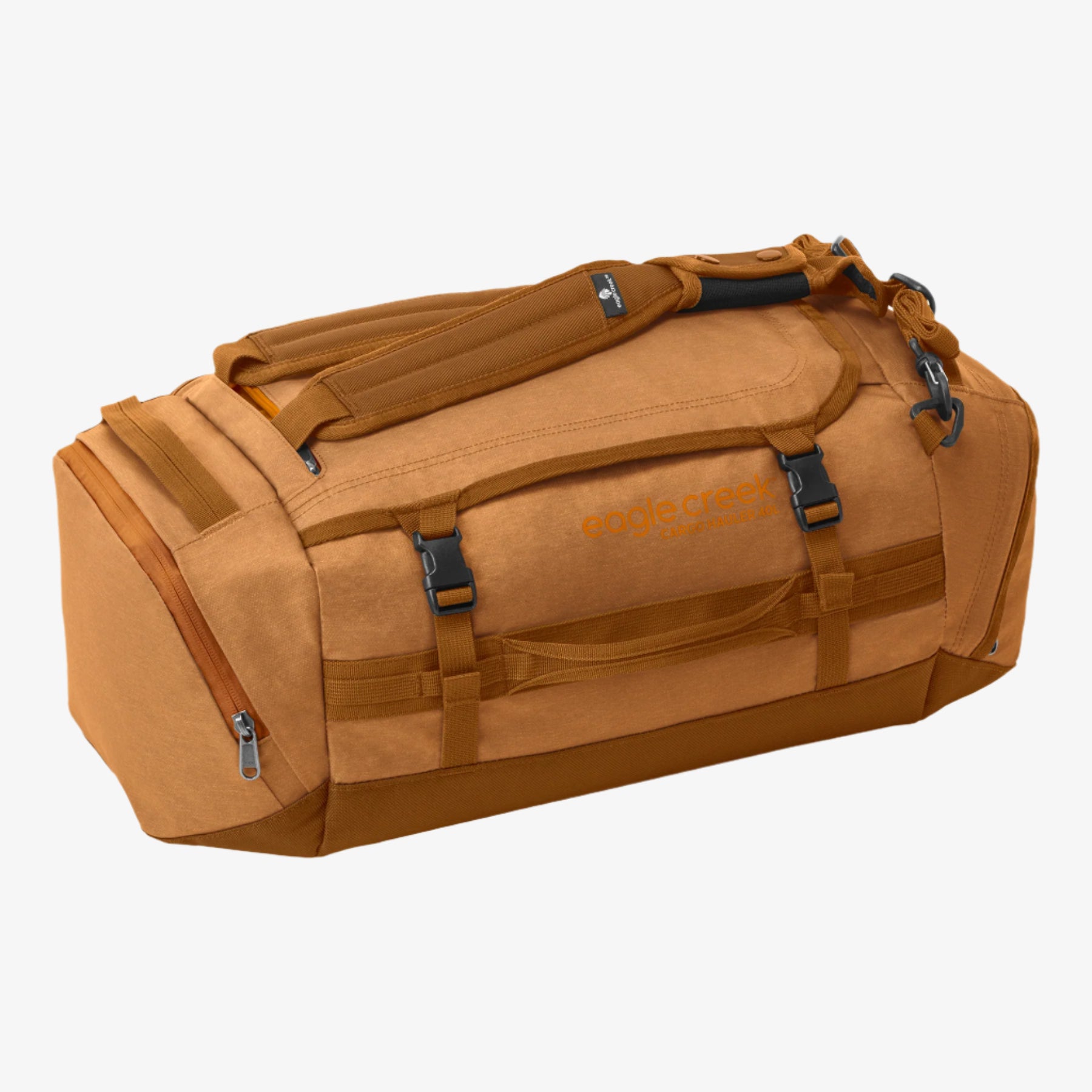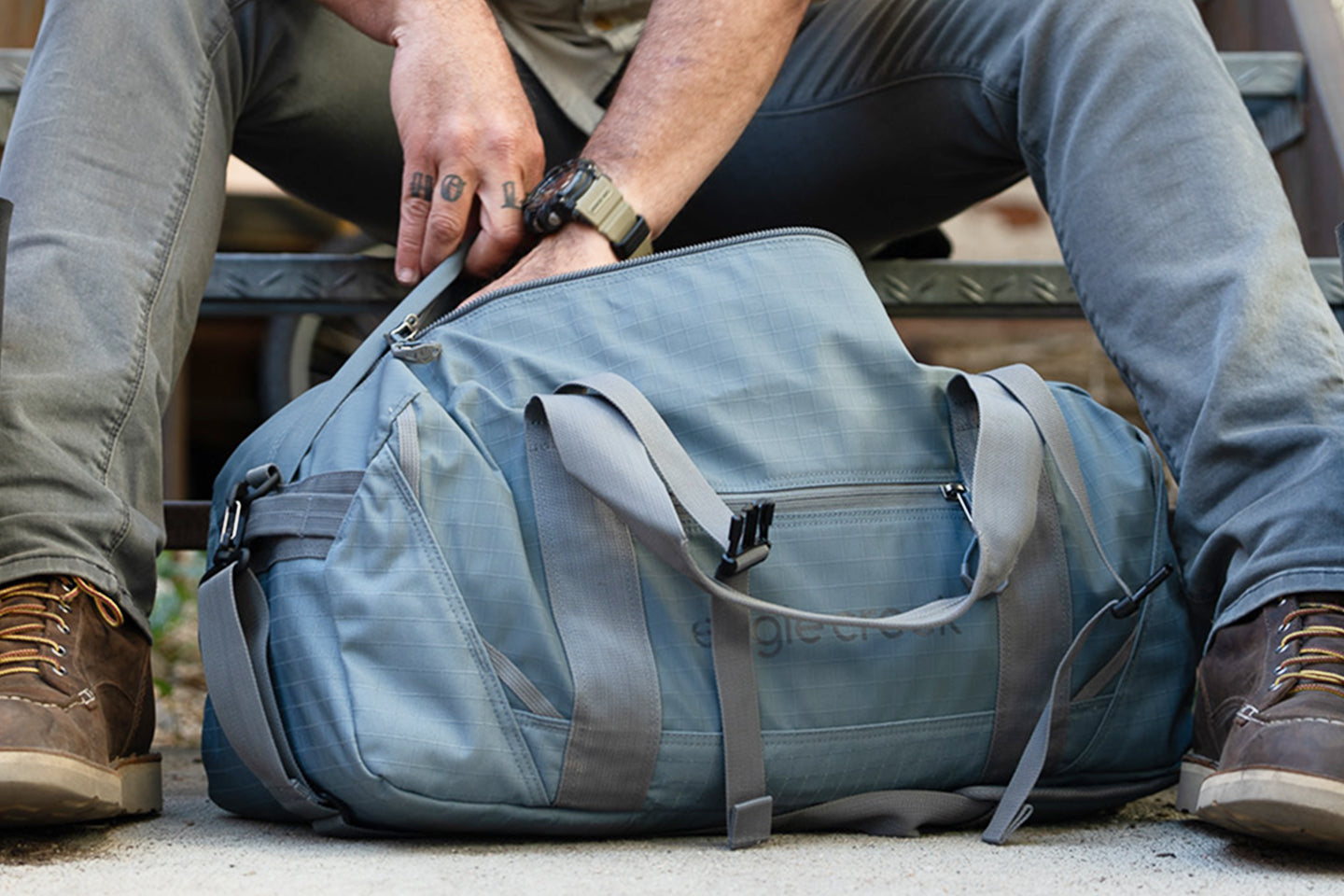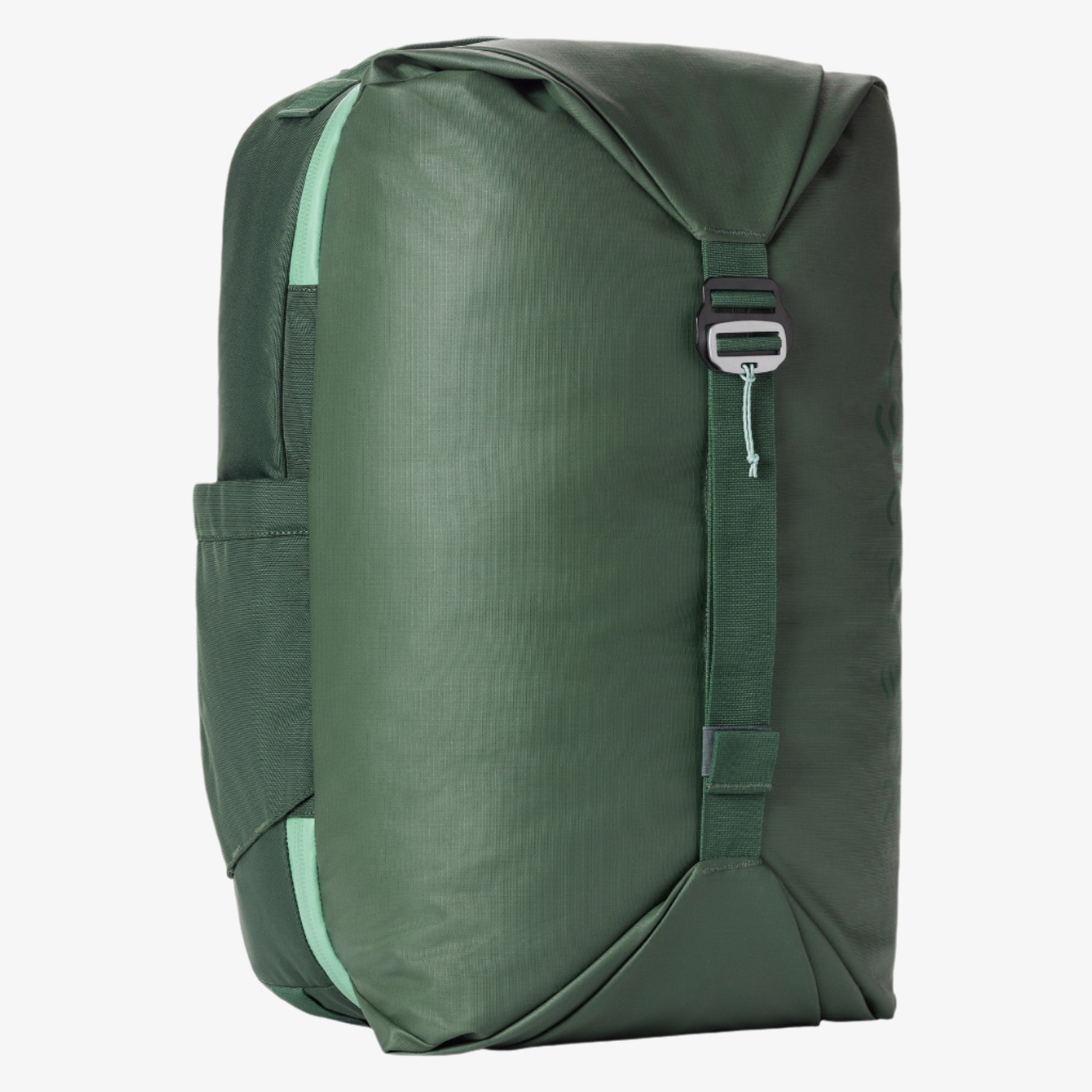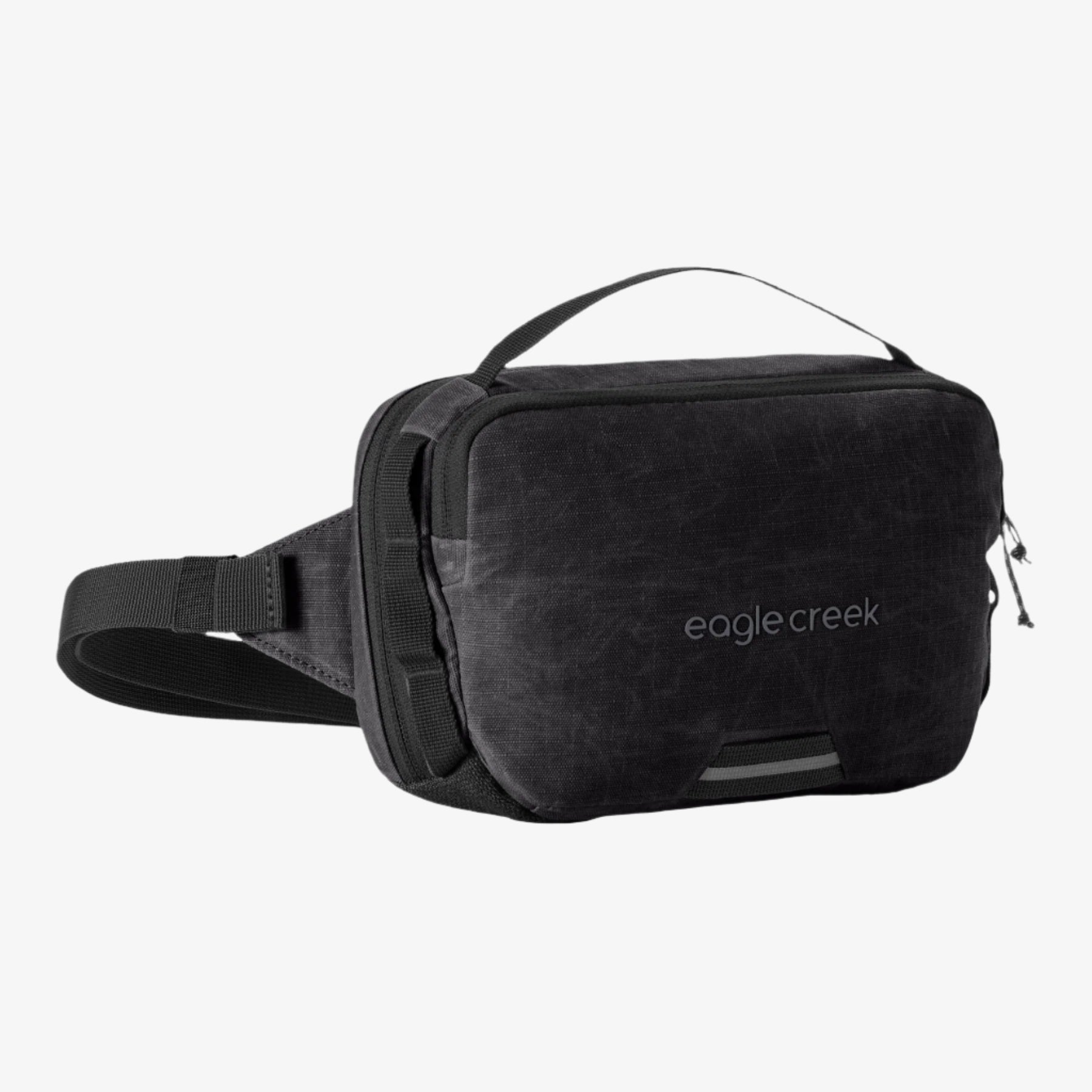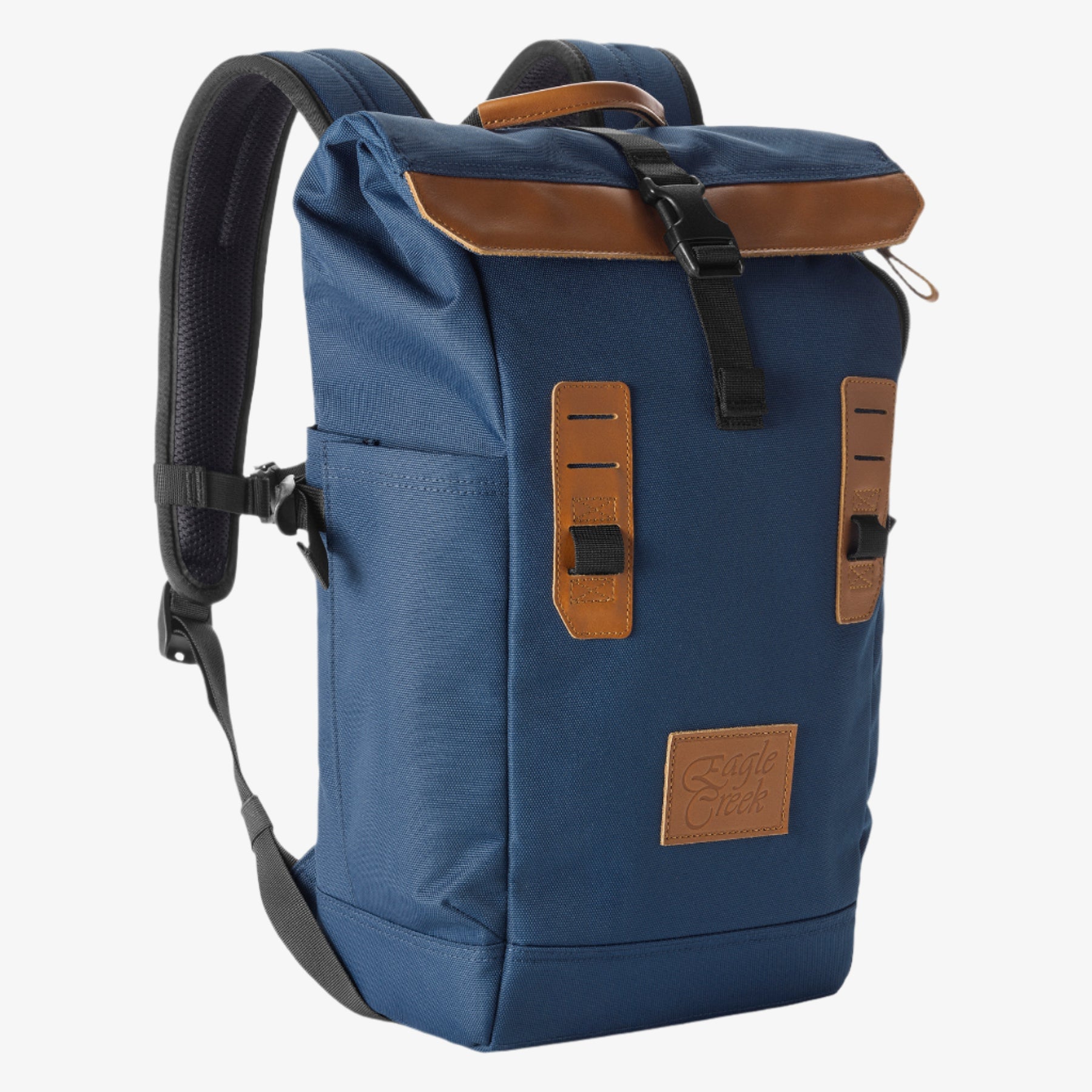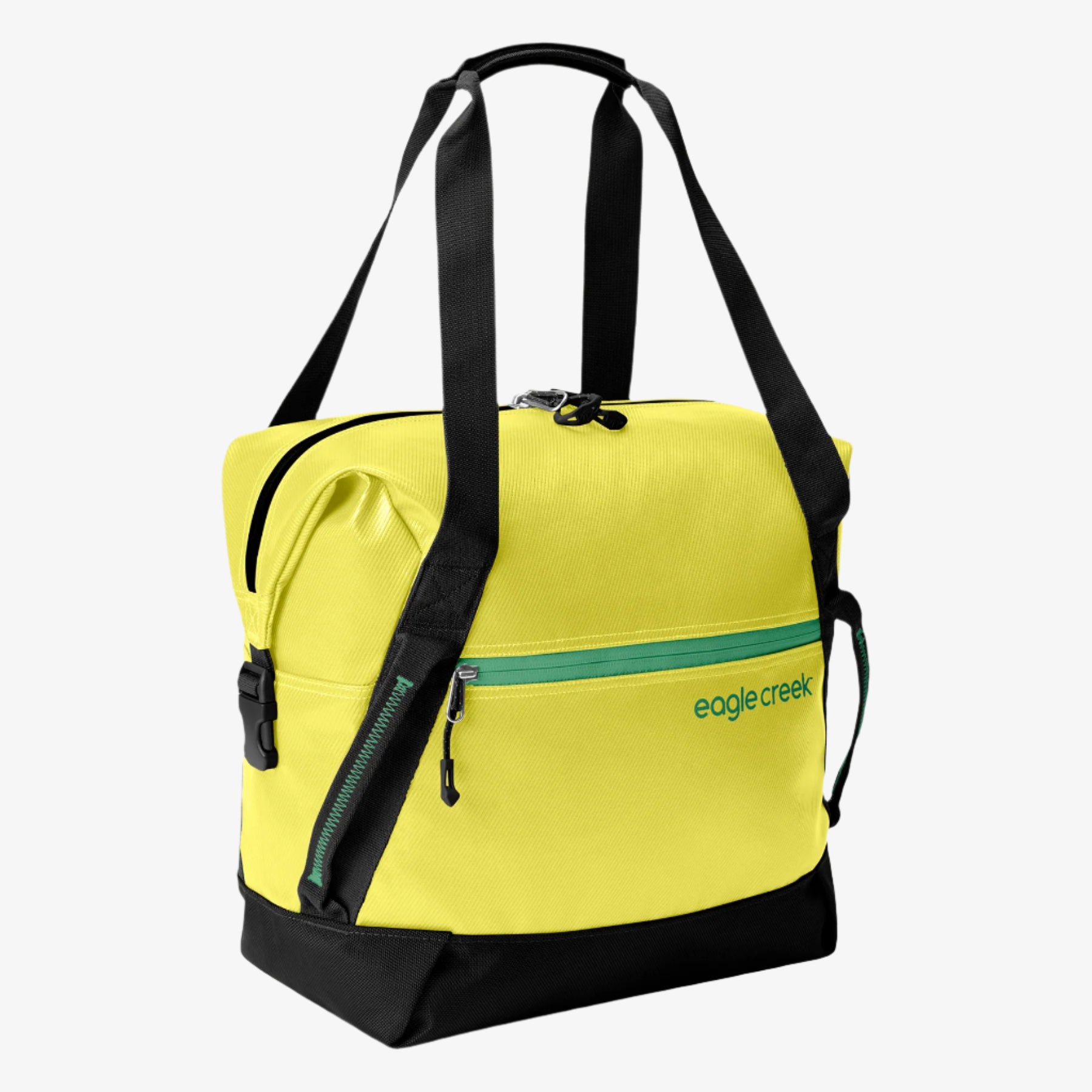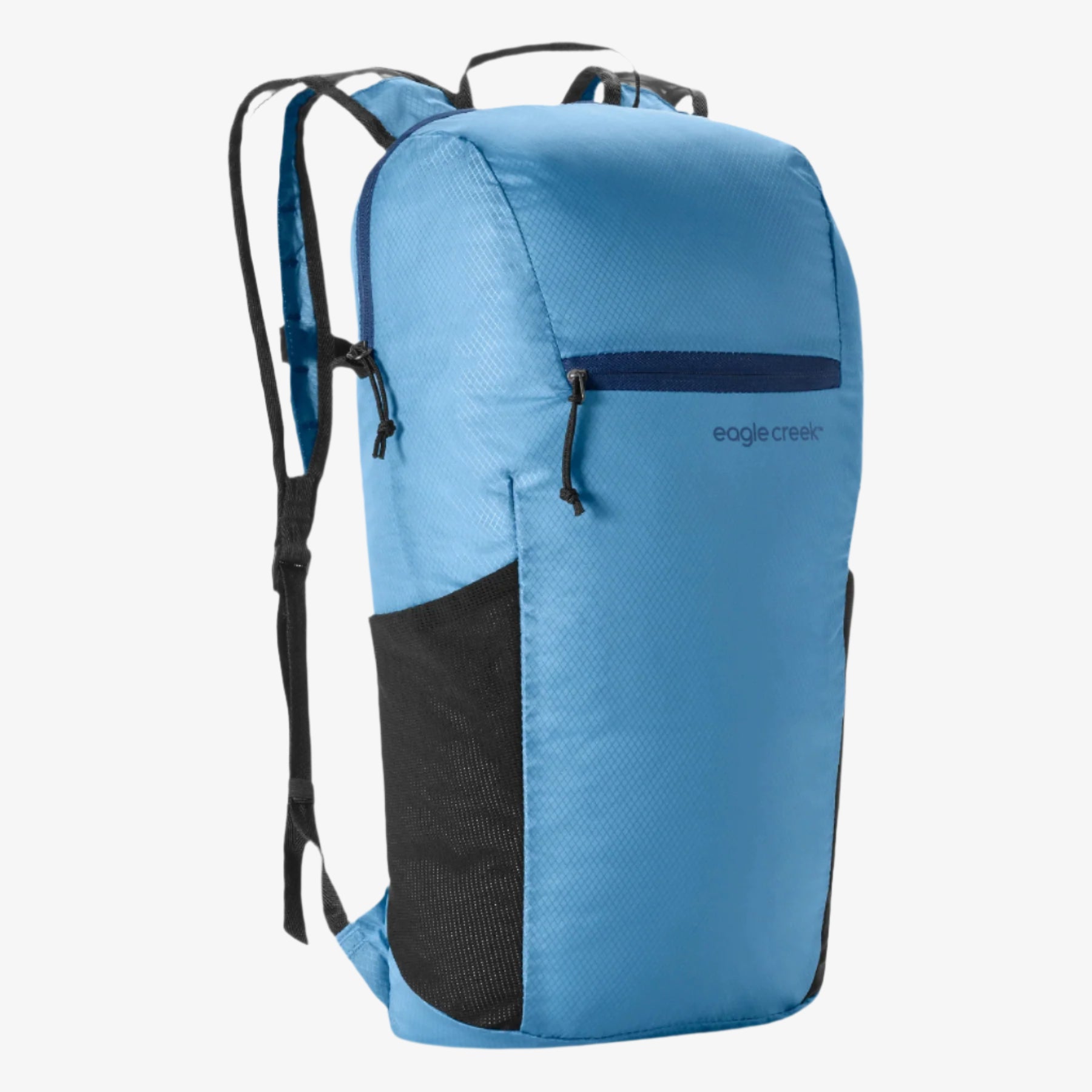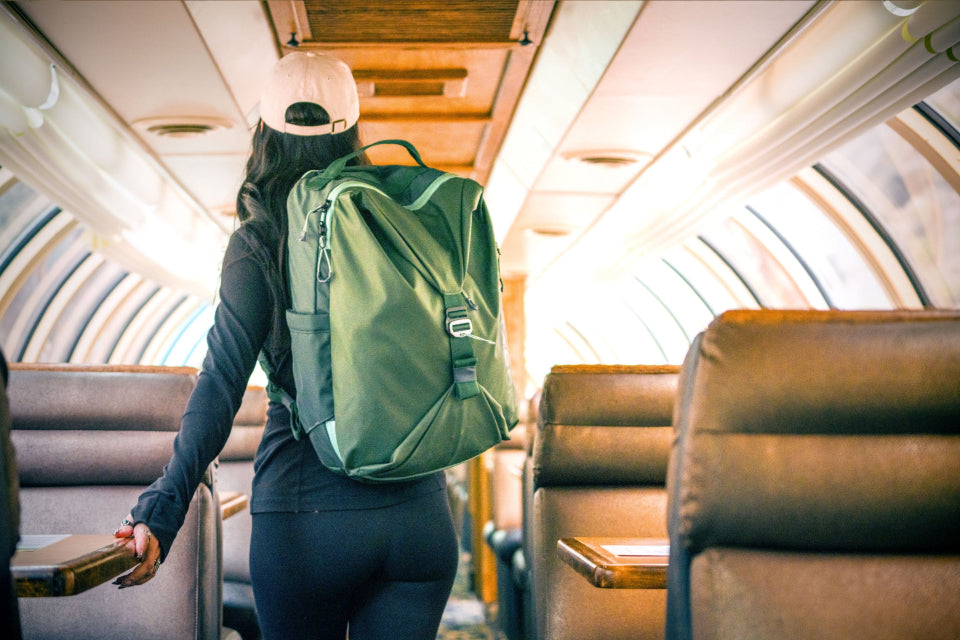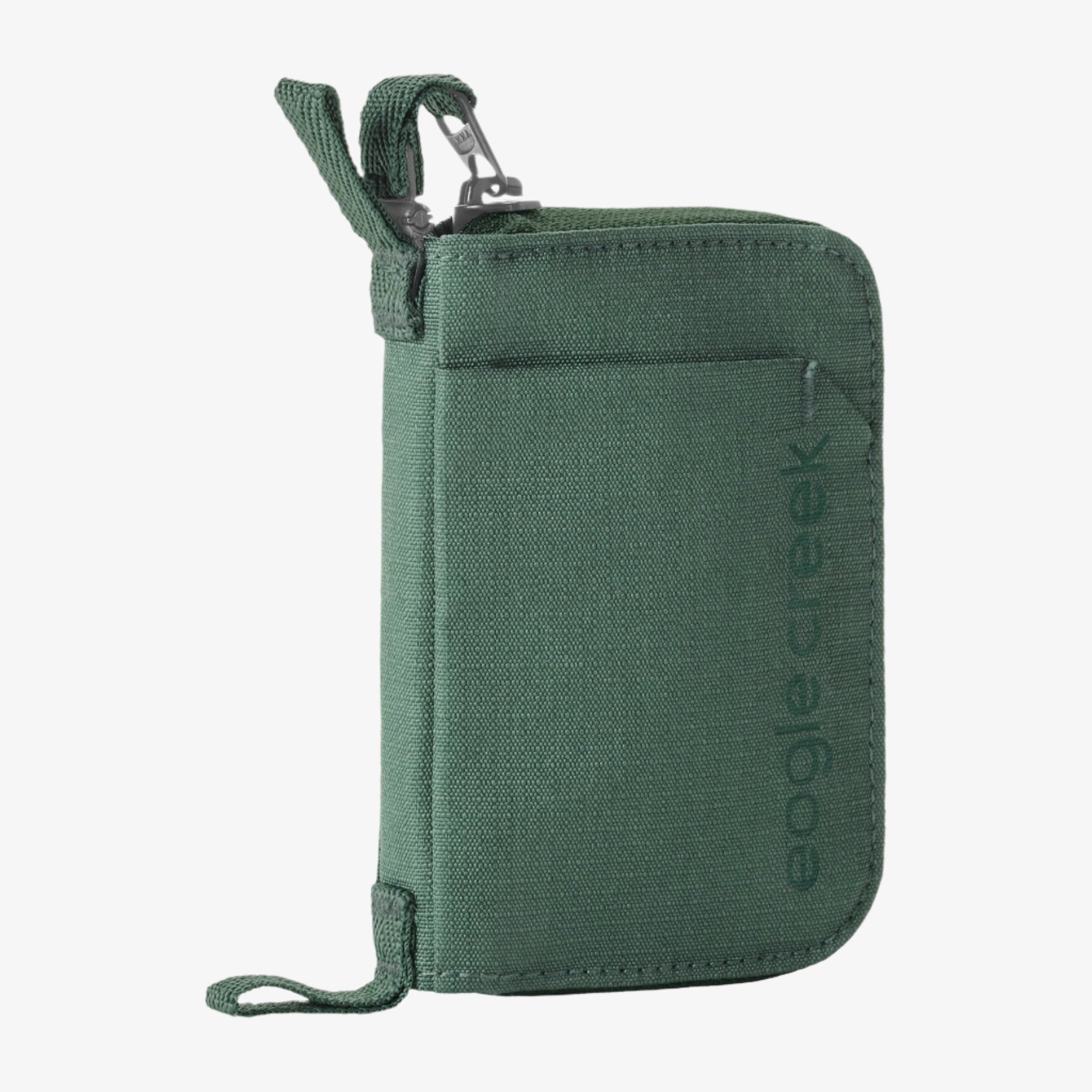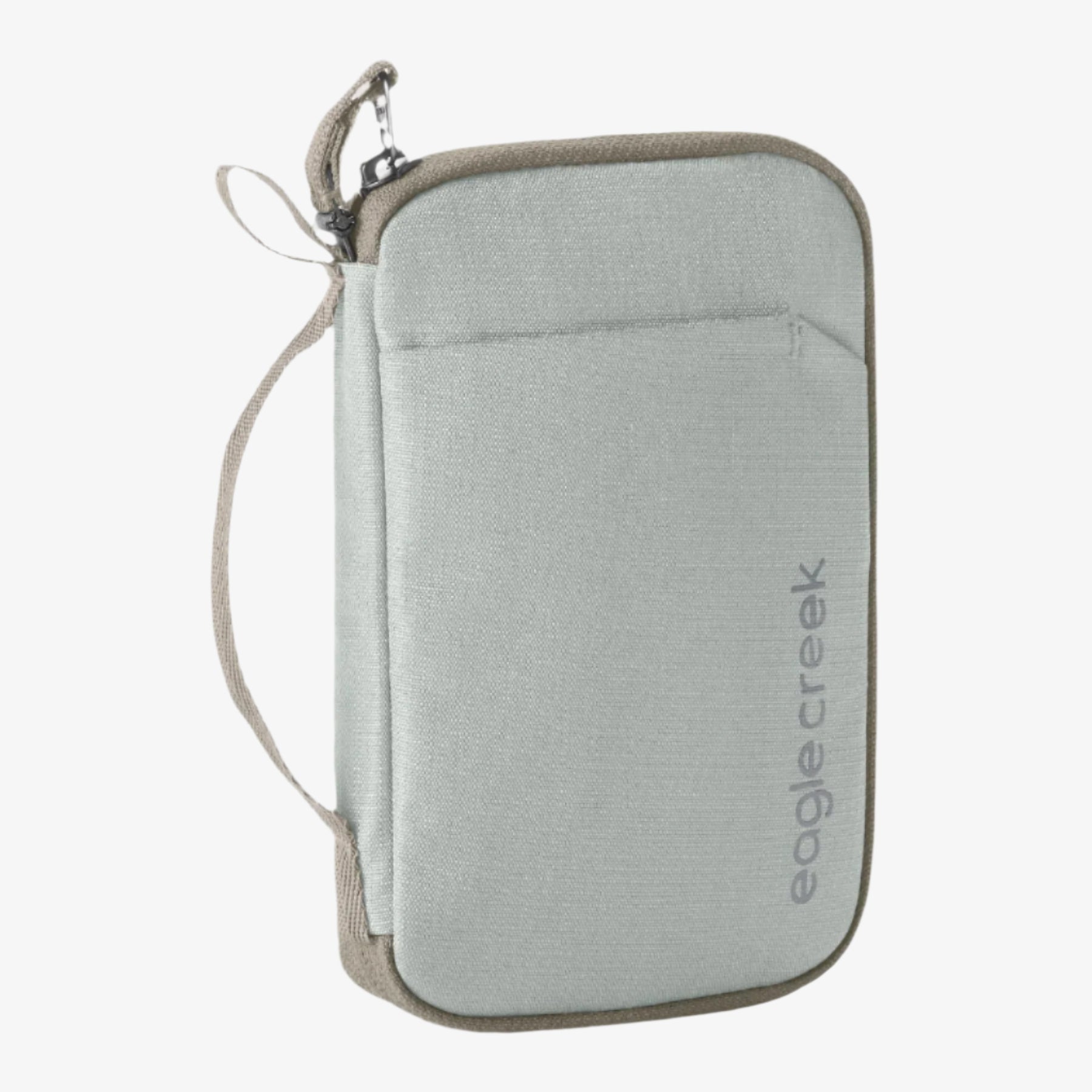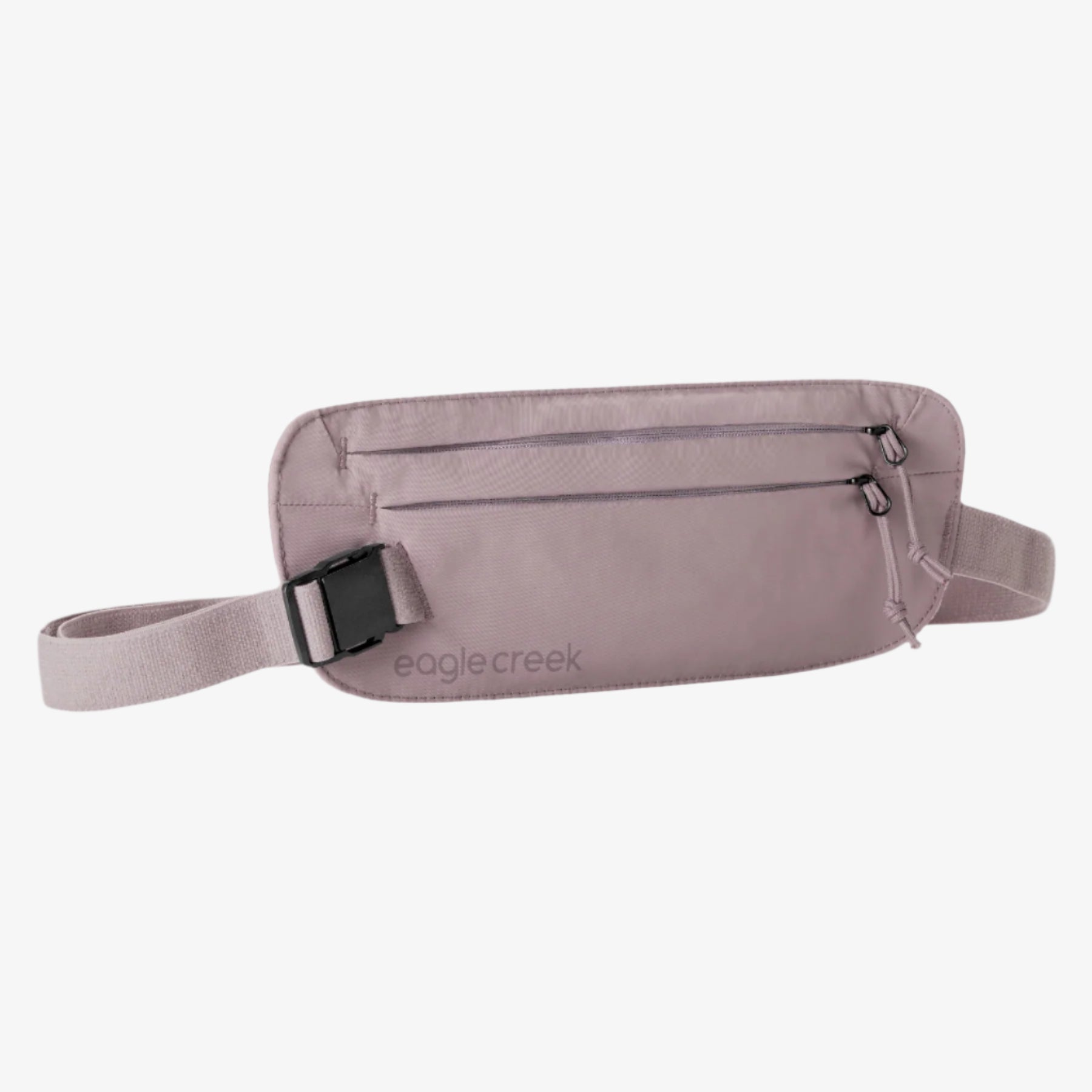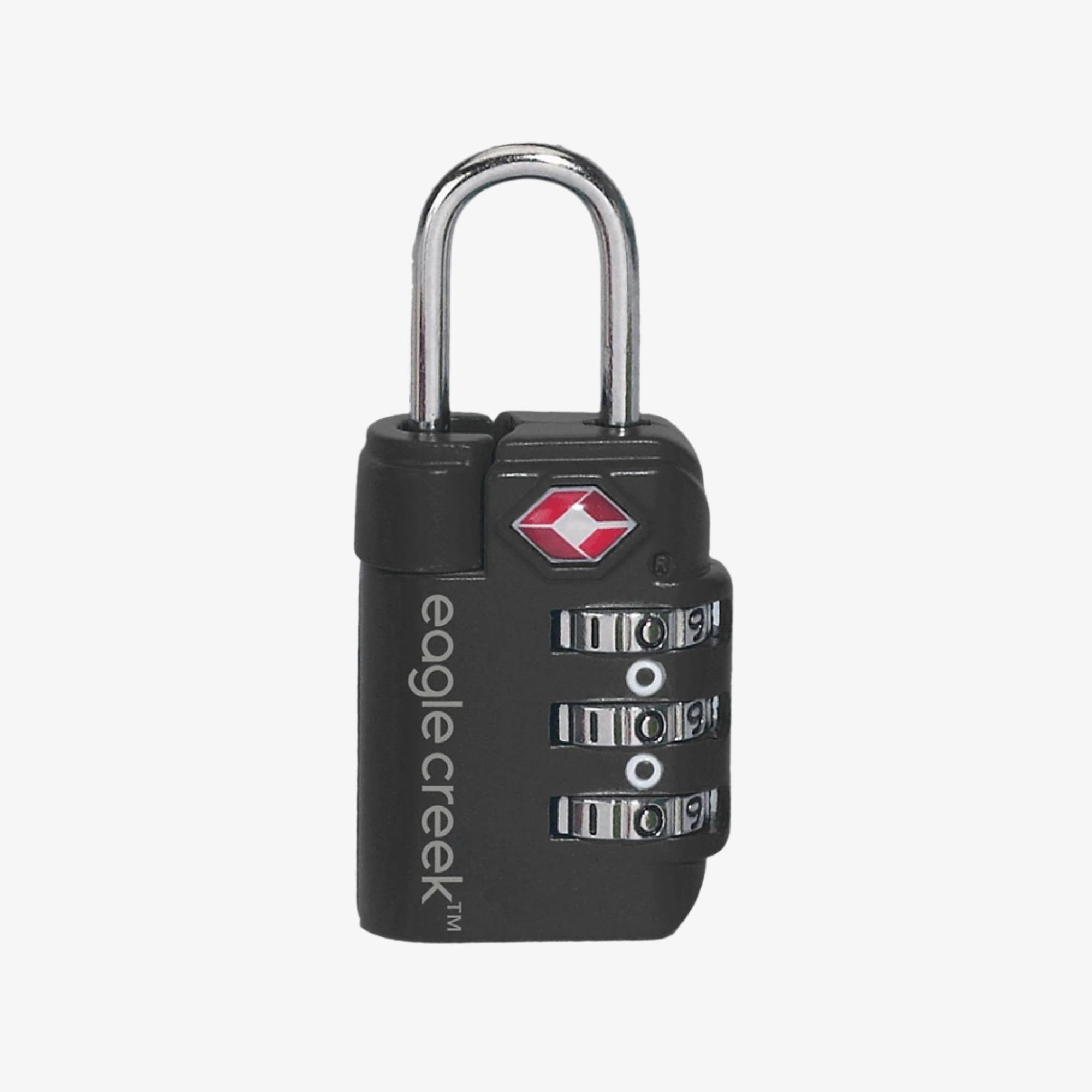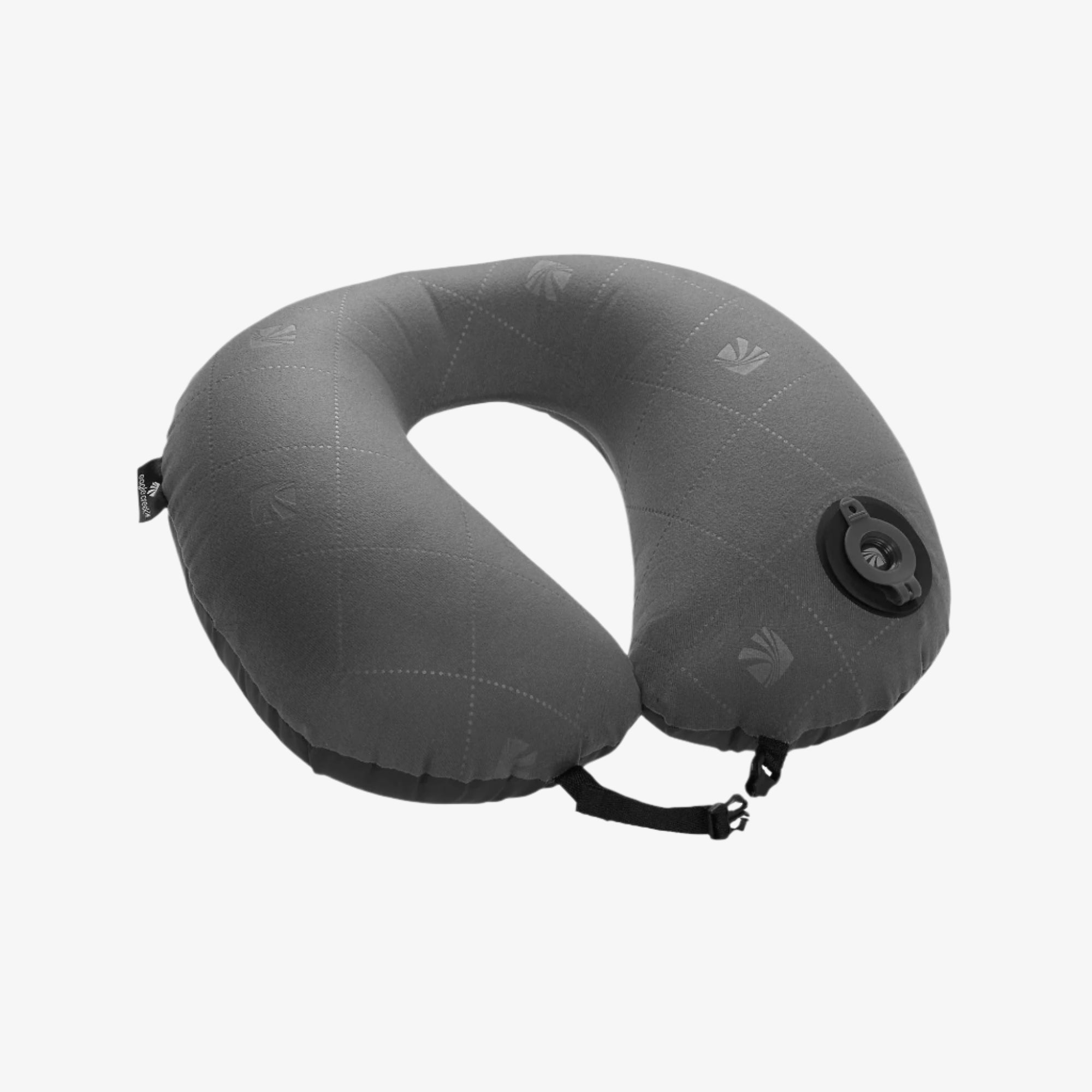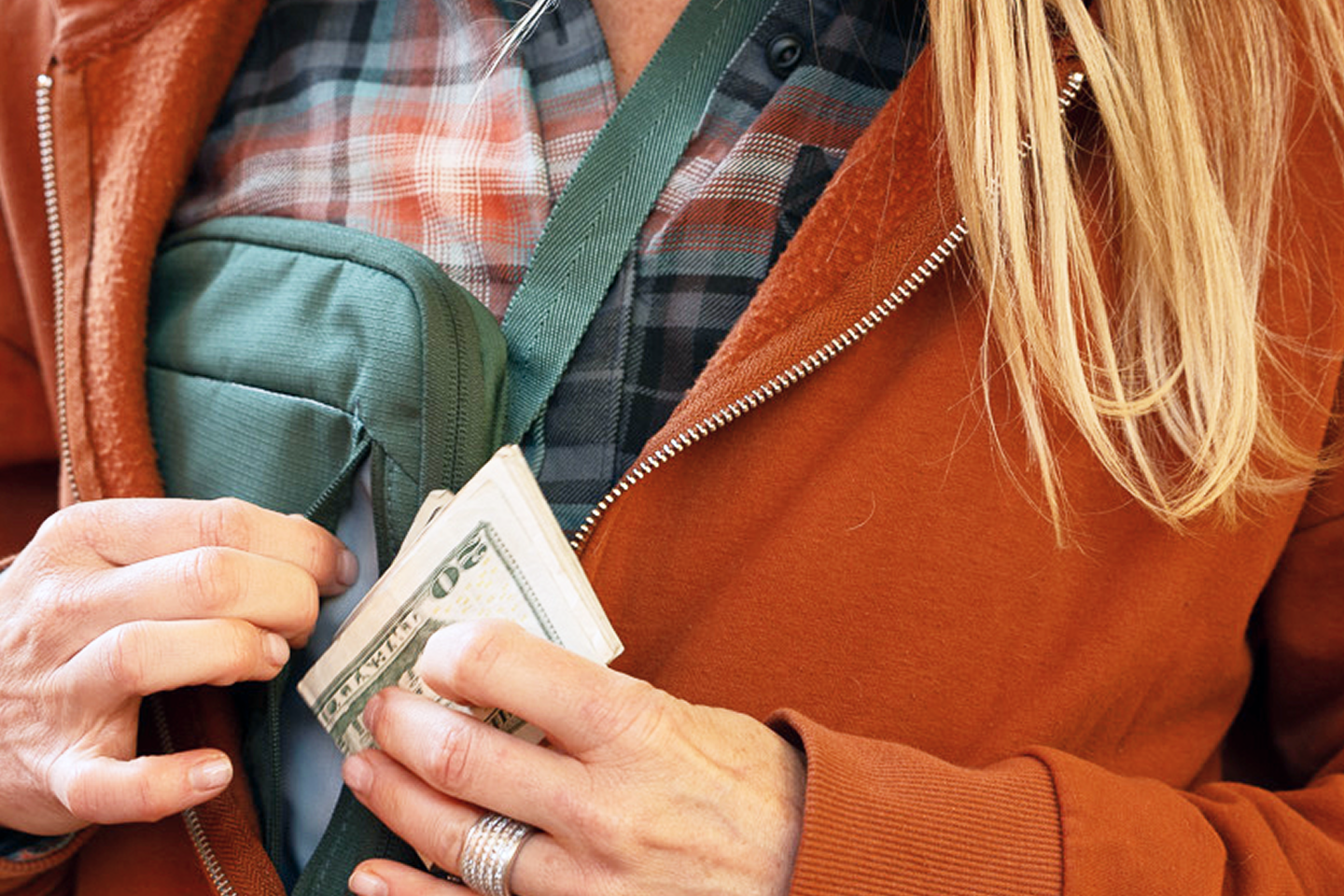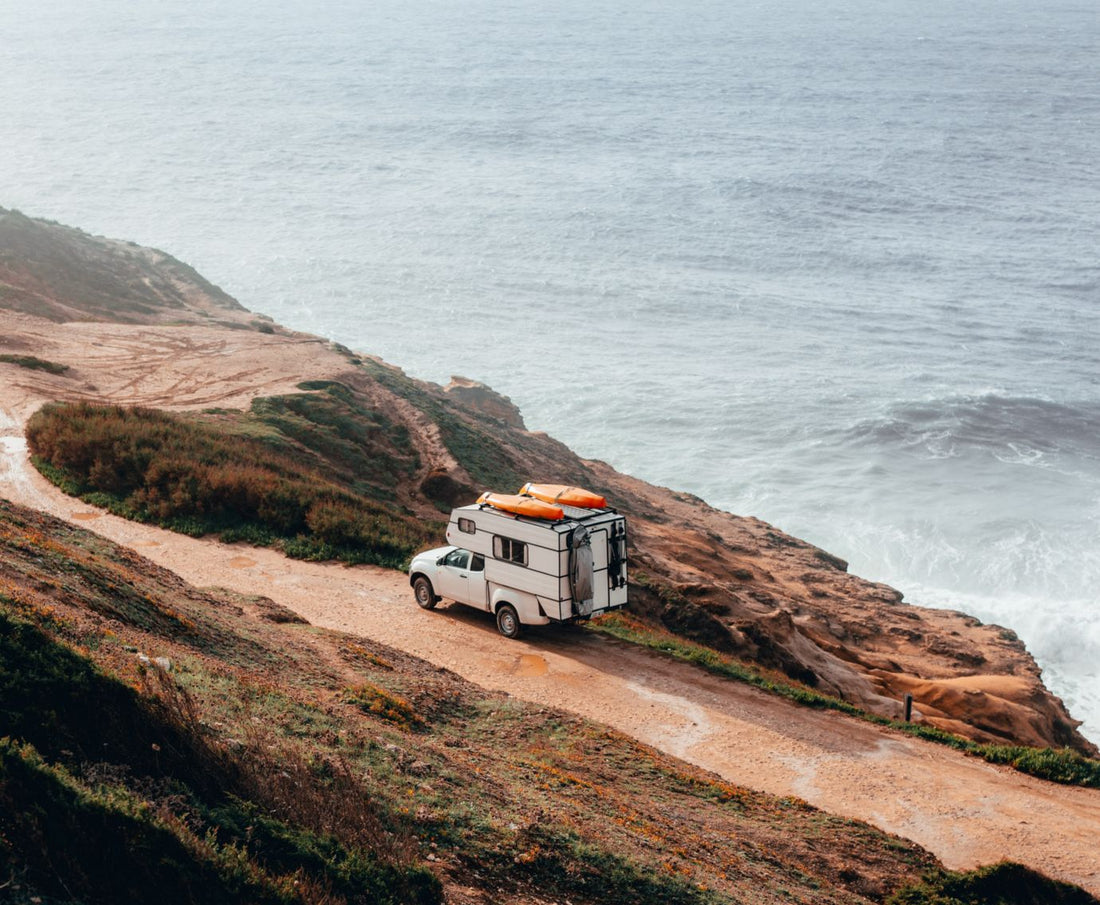
Have ever wondered how to go “zero waste” when you travel? Find out five key ways to join the zero waste movement on your next trip, from packing reusable utensils to buying sustainable gear.
The average American throws away their own body weight in trash every month, and yet people in the zero waste movement have yearly trash outputs the size of a mason jar. Curious how to apply zero waste principles to travel so you leave your destination feeling happy for the journey and leave no trash behind?
Check out these five top tips for minimal impact while traveling, from packing reusable utensils to buying sustainable gear.
What is Zero Waste Travel?
The Zero Waste Alliance defines the zero waste movement's aims as “conservation through responsible production, consumption, reuse, and recovery of all products, packaging, and materials without burning, and with no discharges to land, water, or air that threaten the environment or human health.”
By application, zero waste travel is thinking beyond reducing, reusing, and recycling to how we can prevent waste entirely. Reaching the goal of zero waste means taking into consideration responsible design, manufacturing, and distribution practices of travel gear, and even examining if human energy, time, and intellectual capital have been used effectively
That’s a lot to think about, and the idea of going “zero waste” might sound impossible at first, but these five simple tips will get you going in the right direction.
1. Refuse Single-Use Plastics
Your first step to zero waste travel is an obvious, essential mantra worthy of repeating constantly in American culture: “Refuse Single-Use Plastics.” In the zero waste movement, “refuse” is listed before “reduce, reuse, and recycle,” and the idea is to get ahead of the waste cycle.
Refuse plastic bags and takeaway containers at restaurants, and bring your own reusable utensils, straw, and water bottle. Take care to effectively and thoroughly clean your personal items to protect hygiene because, in the long-run, bringing your own stuff is the solution to leaving zero waste behind.
There are plenty of other travel freebies to refuse: brochures, toiletries in a hotel room, even extra napkins at a restaurant. Some zero waste travelers go so far as to even refuse airline food—for ethical reasons. When booking flights, think about selecting “no meal” unless you plan to eat every bite, as the airlines must throw it all away.
It’s also a good idea to pack a small packable backpack and mesh grocery bag on the road to avoid plastic packaging of produce when you’re food shopping. Zero waste movement founder Bea Johnson created the Bulk Finder App to help zero waste travelers quickly pinpoint health food stores and farmers markets on your travels.
2. Be a Minimalist
Minimalism is essential to zero waste travel. Buy gear without a lot of extra packaging, and limit your luggage. A versatile carry-on (or sustainably sourced and manufactured backpack and body bag) will also eliminate the need to check a bag, saving you time at the airport and a non-recyclable bag tag. Also, think about other ways to lighten your load. You can save space in your luggage if you pare down your wardrobe, download books on your phone, and stop printing boarding passes and receipts. Ultimately, there is less worry about losing stuff if you pack less.
3. Reuse Whenever Possible
Zero waste travelers know to use their own earbuds on airplanes rather than buying them from the airlines. There’s also no need to open the plastic-wrapped blanket on the plane when you can use your own shawl or wrap. It’s a good idea to pack multi-use, light items, like a soap bar for both shampoo and body wash, and keep refilling your water bottle!
4. Look for Composting Opportunities
Zero waste travelers have an eye out for places to compost—some even search airports for plants, so they can bury their food scraps (spoiler alert: Greenery can be hard to find these days in the terminals). It’s not a good idea to throw food scraps in the regular trash bin, as food waste breaks down slowly in a landfill’s anaerobic environment and releases methane. More cities are offering composting opportunities, and some zero waste travelers report having found a compost pile on a Mexican beach, for example, and cities around the world are going zero waste—from a composting compound in Boston to a recycling cooperative in Catalonia.
5. Practice Self-Awareness
Though zero waste travelers are concerned about the amount of trash they pack out when they leave a campsite, it’s important to practice self awareness of other numbers and eco-conscious travel practices, like needing to offset a carbon footprint, selecting green hotels, and examining what you contributed and received from the local community.
In the end, the goal of zero waste travel is that one day the carried-out trash from a camping trip will not be a plastic trash bag, but compostable food scraps—and with zero waste, the focus can be placed on the intangible, perhaps immeasurable benefits of travel.
No matter where you’re headed, check out sustainable products for a lighter footprint and better planet from Eagle Creek’s Every Step.
Related Links (from Eagle Creek blog):
7 Ways to Become a More Sustainable Traveler
